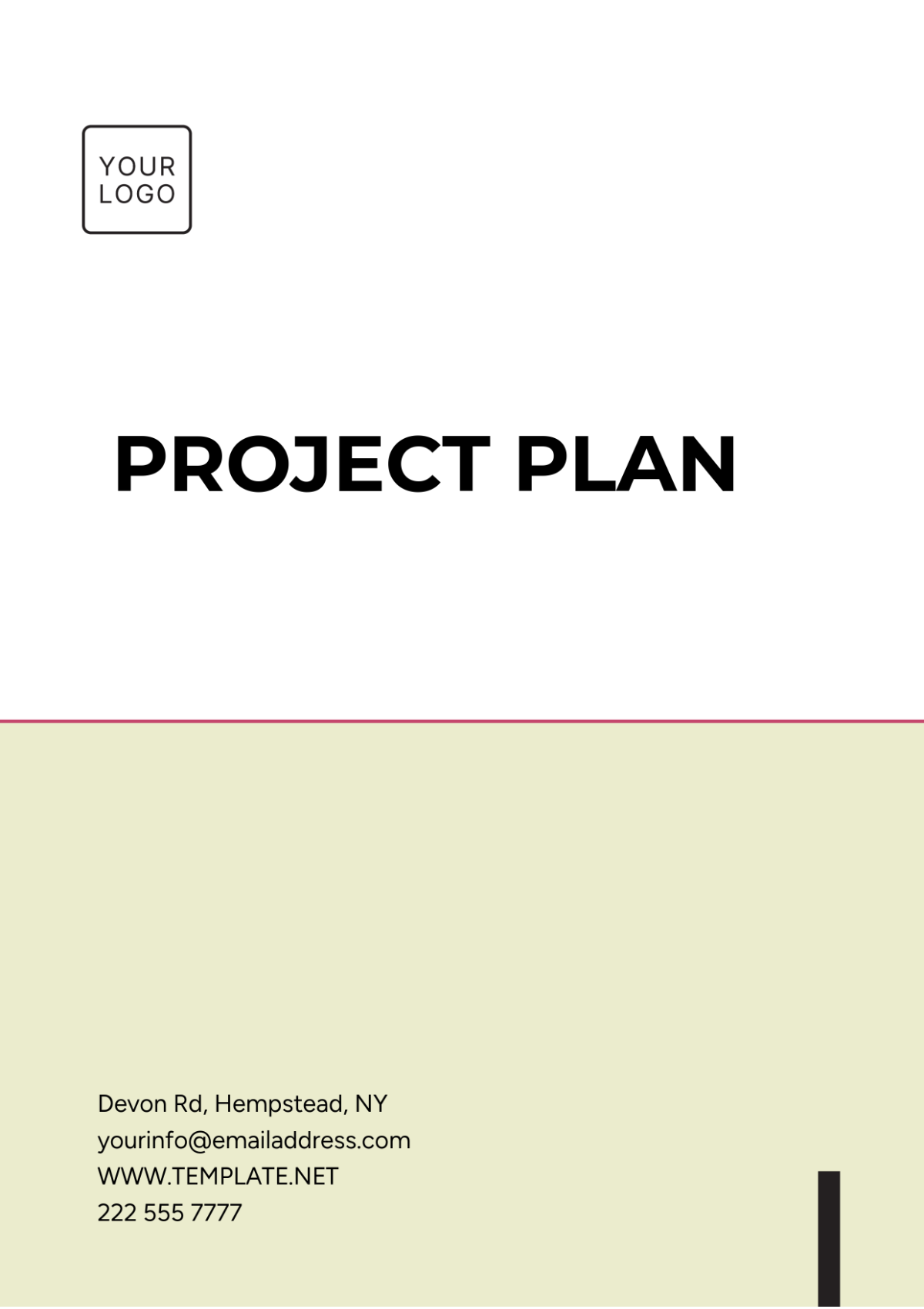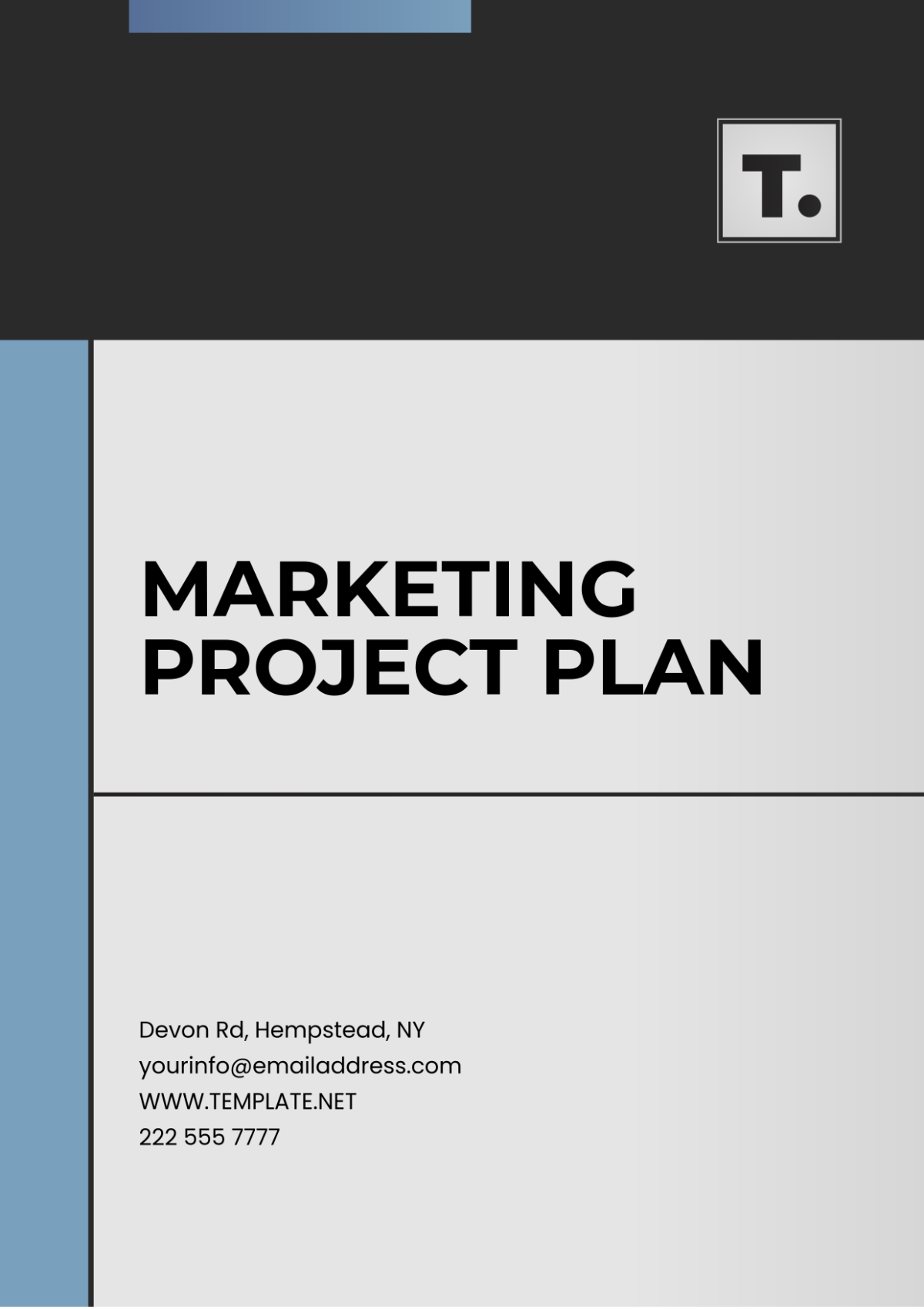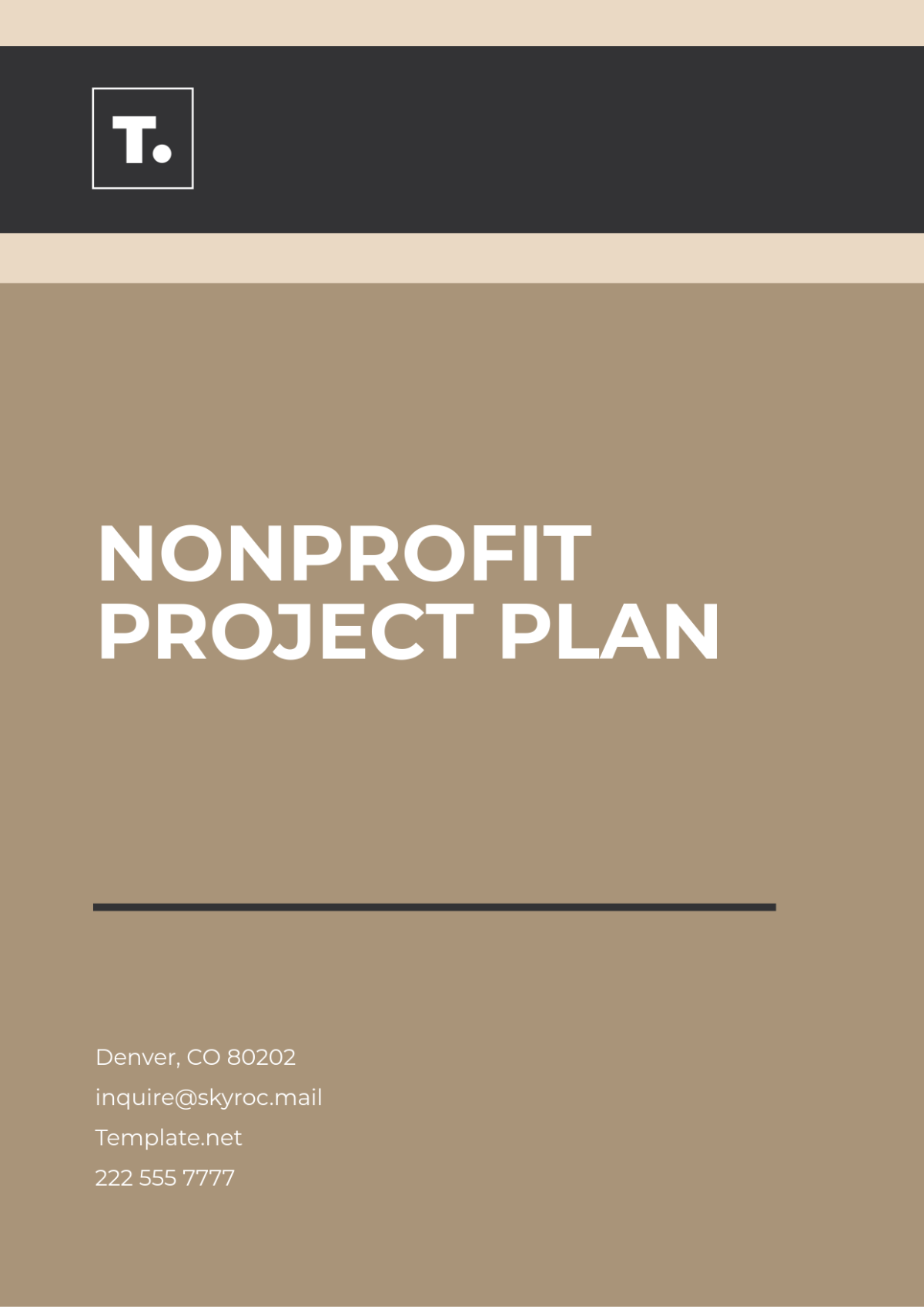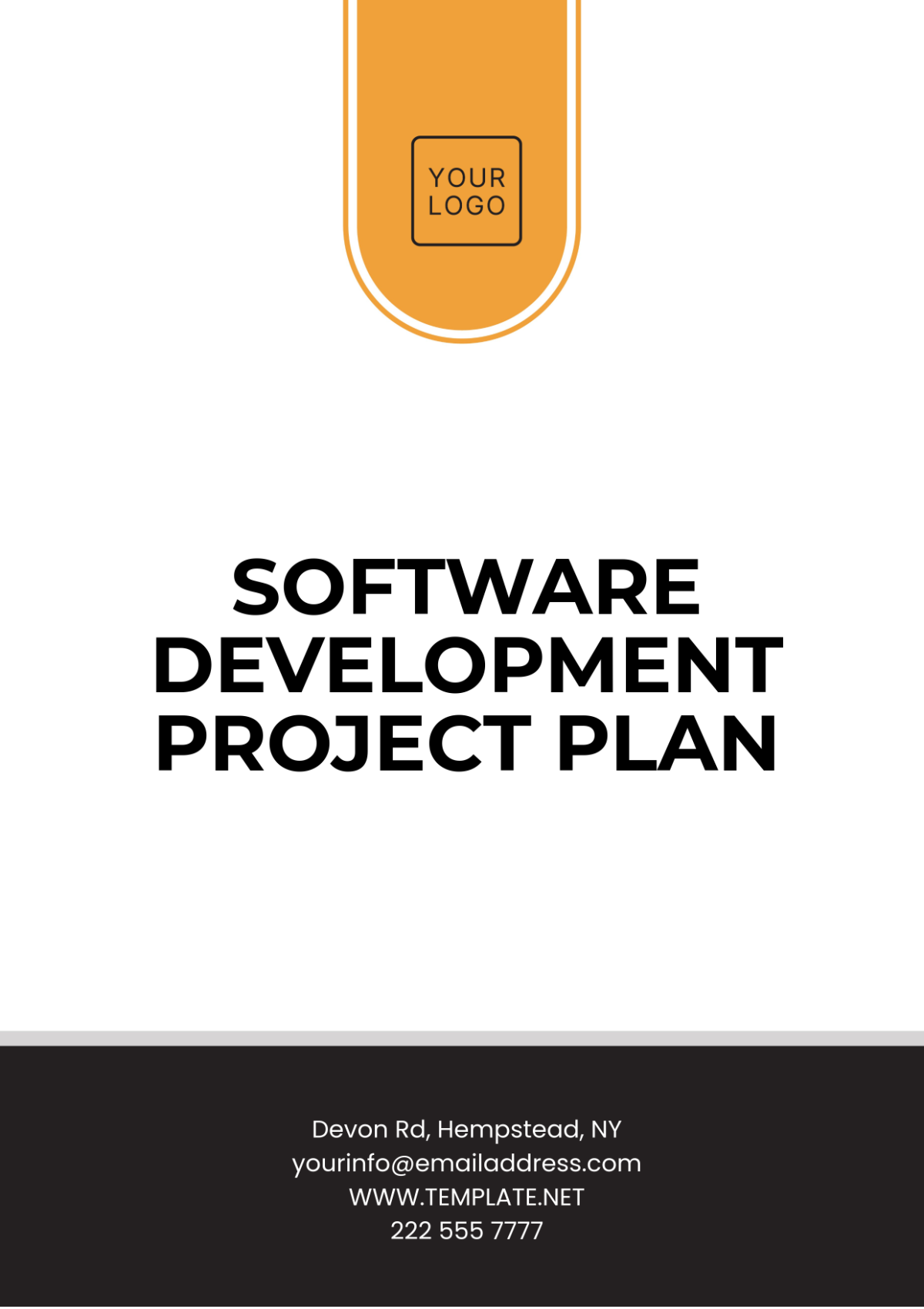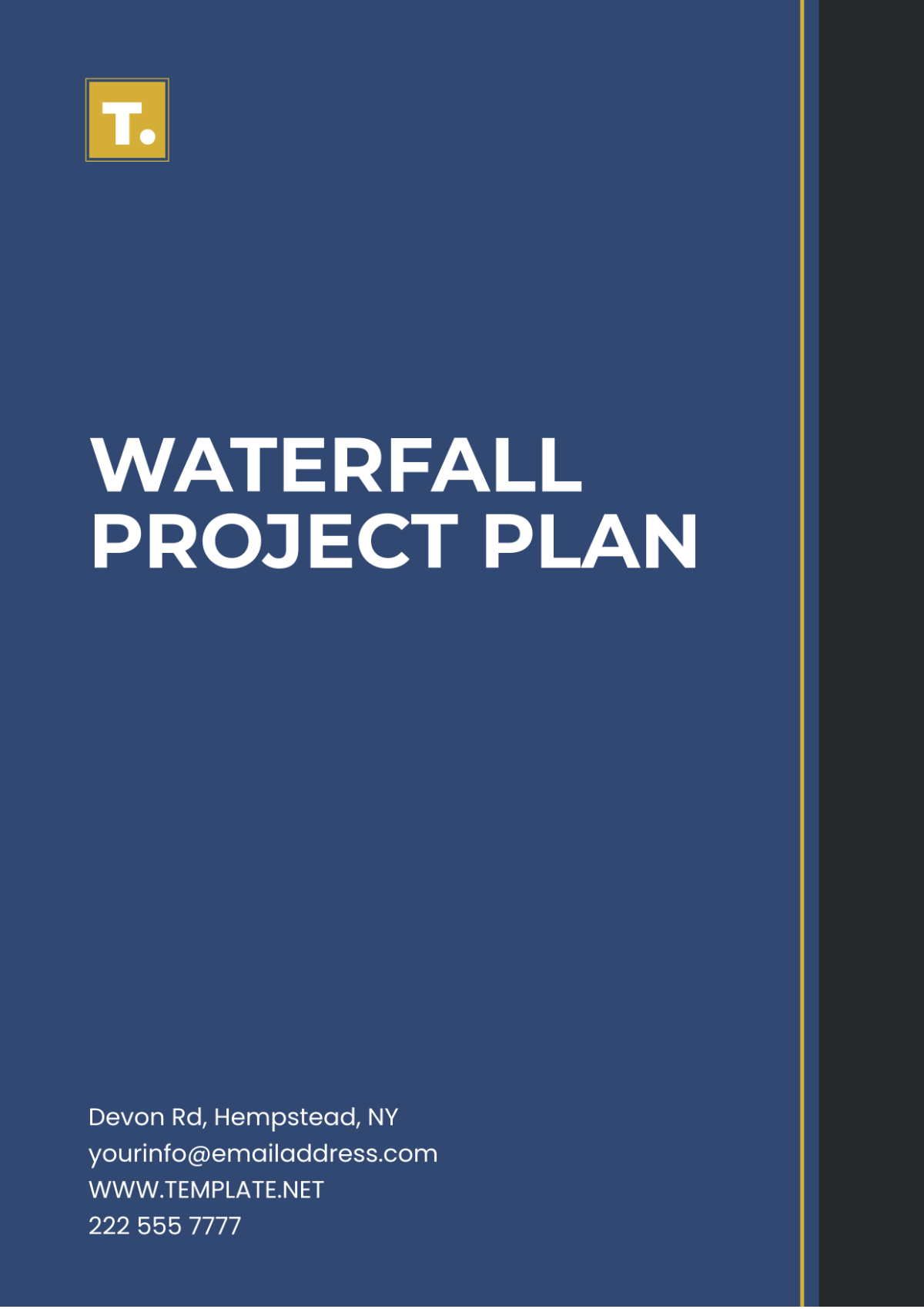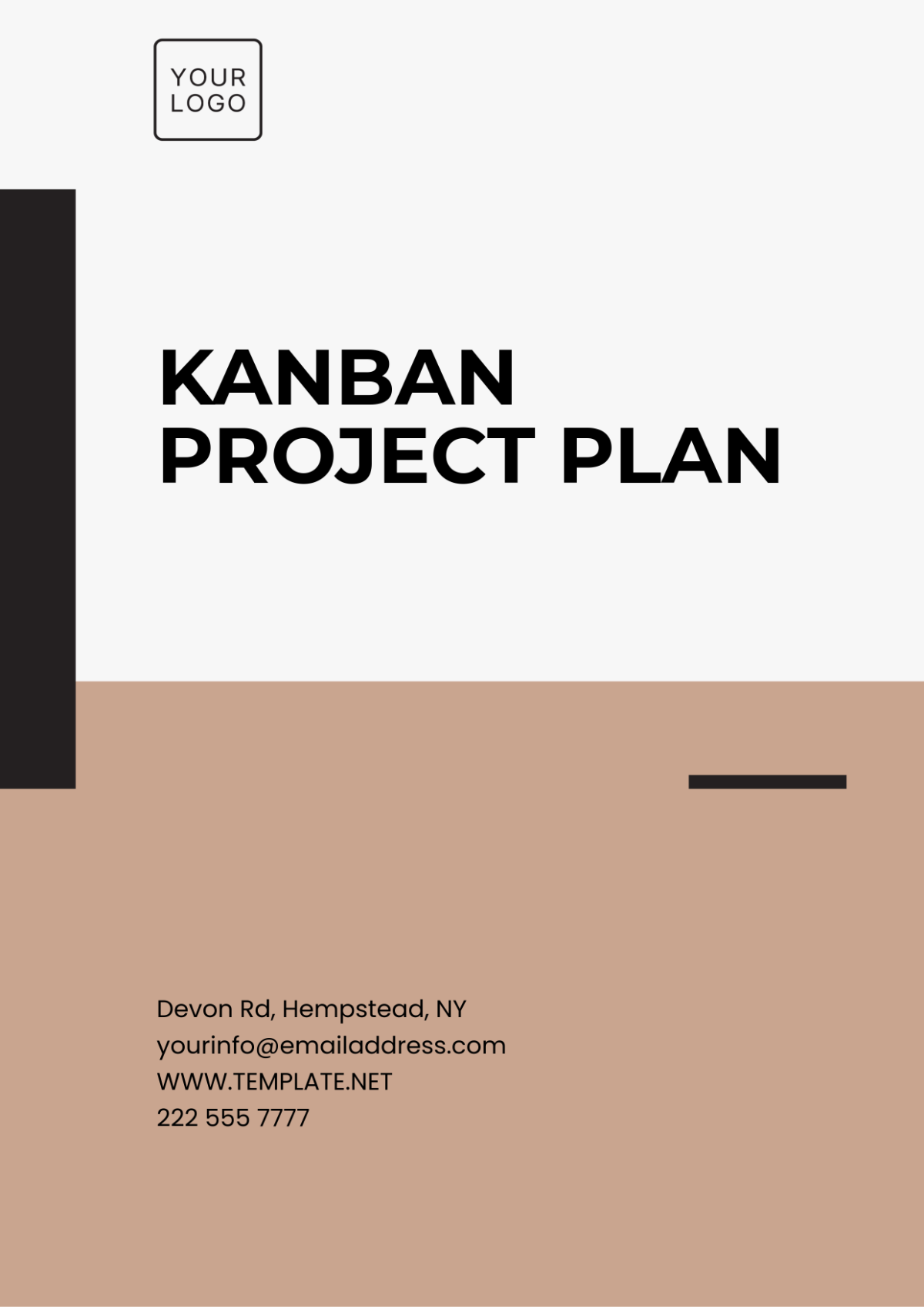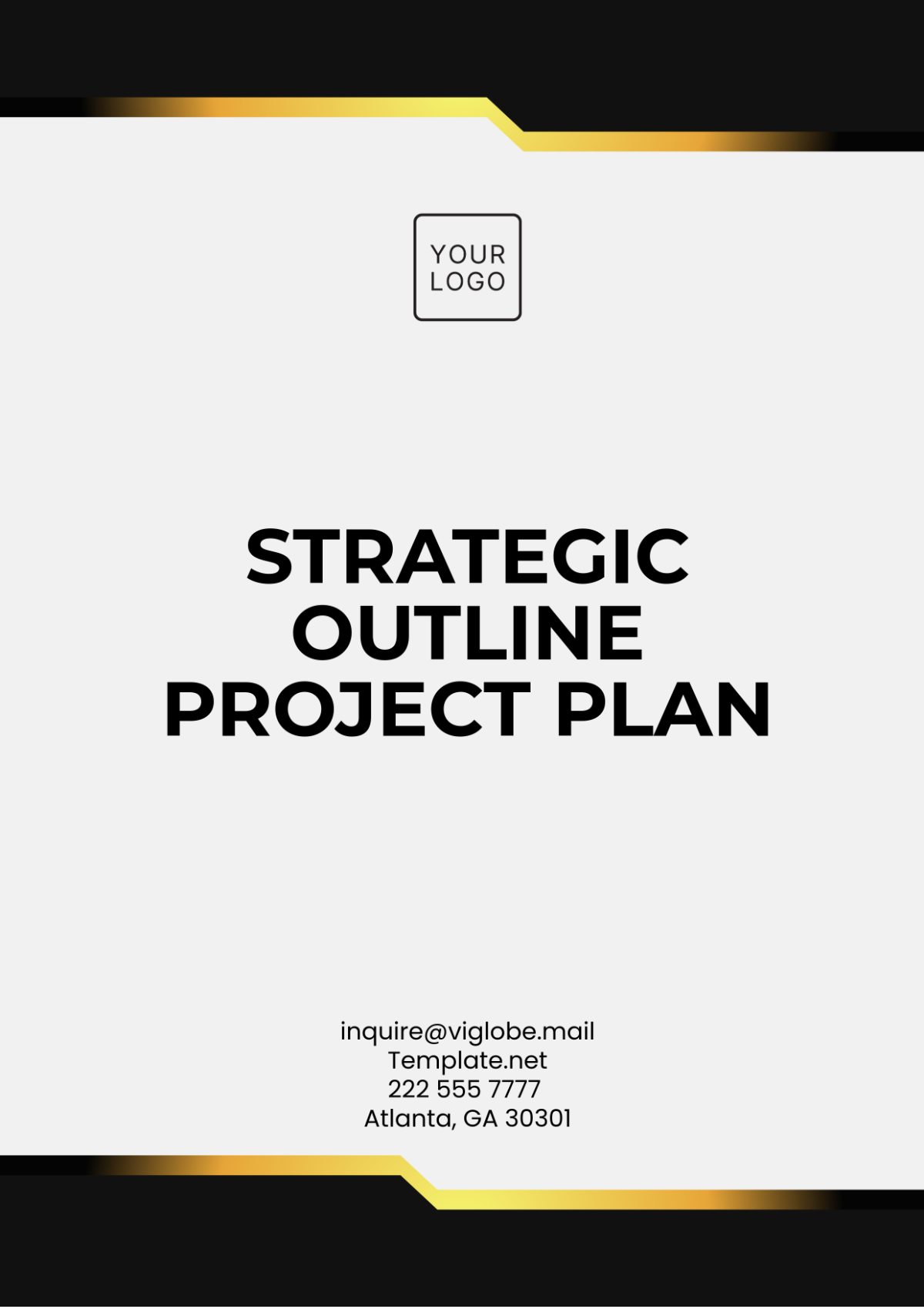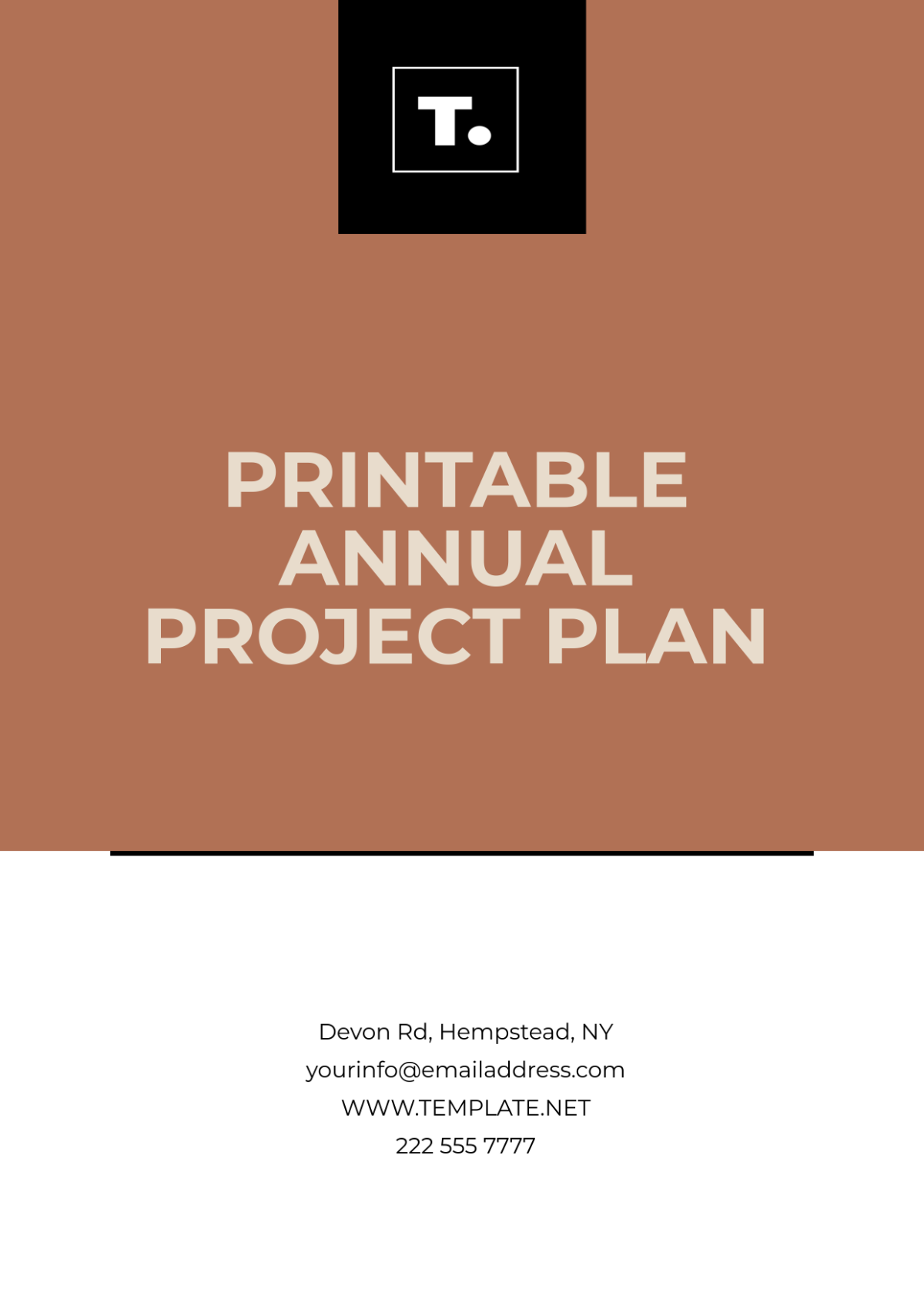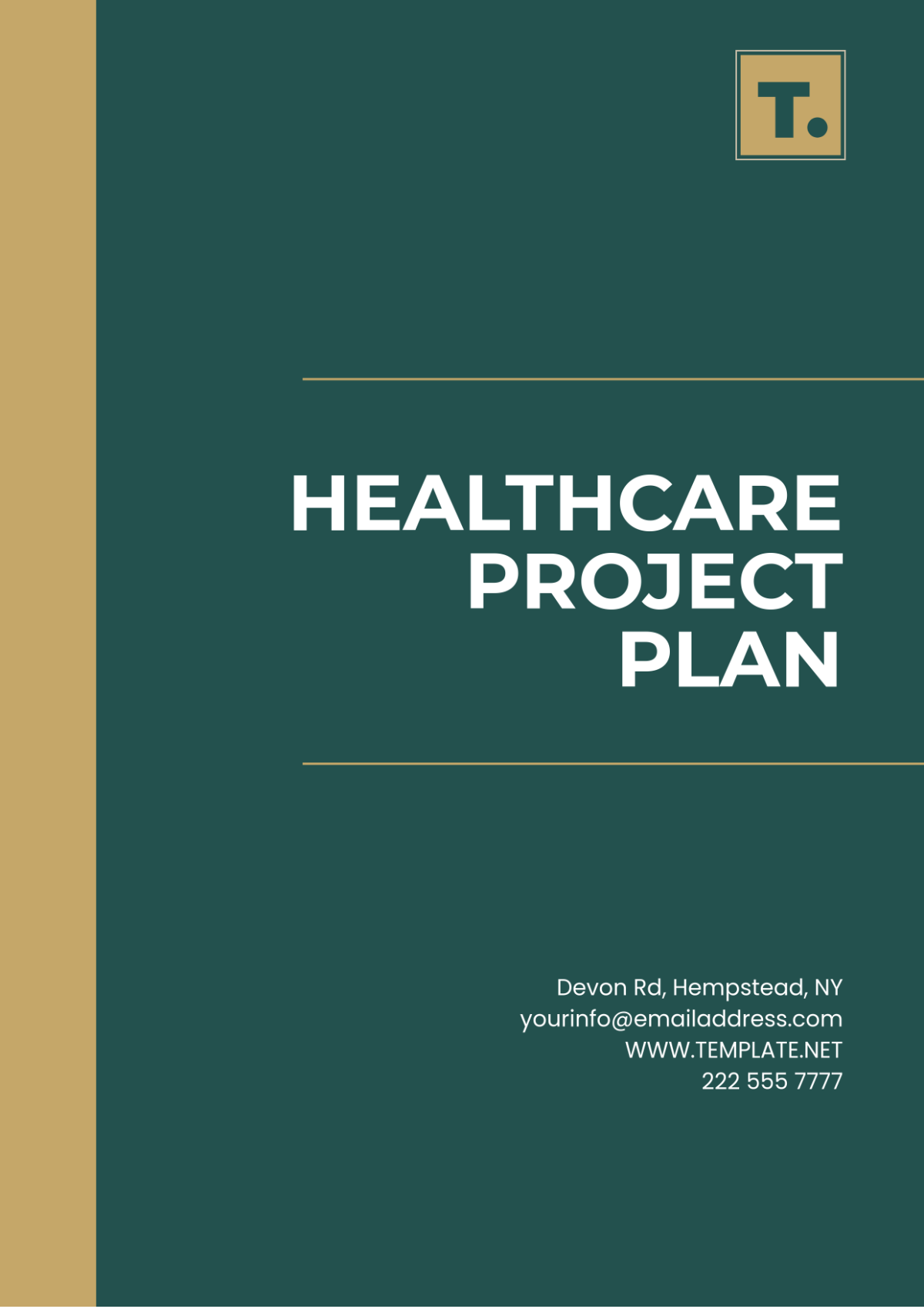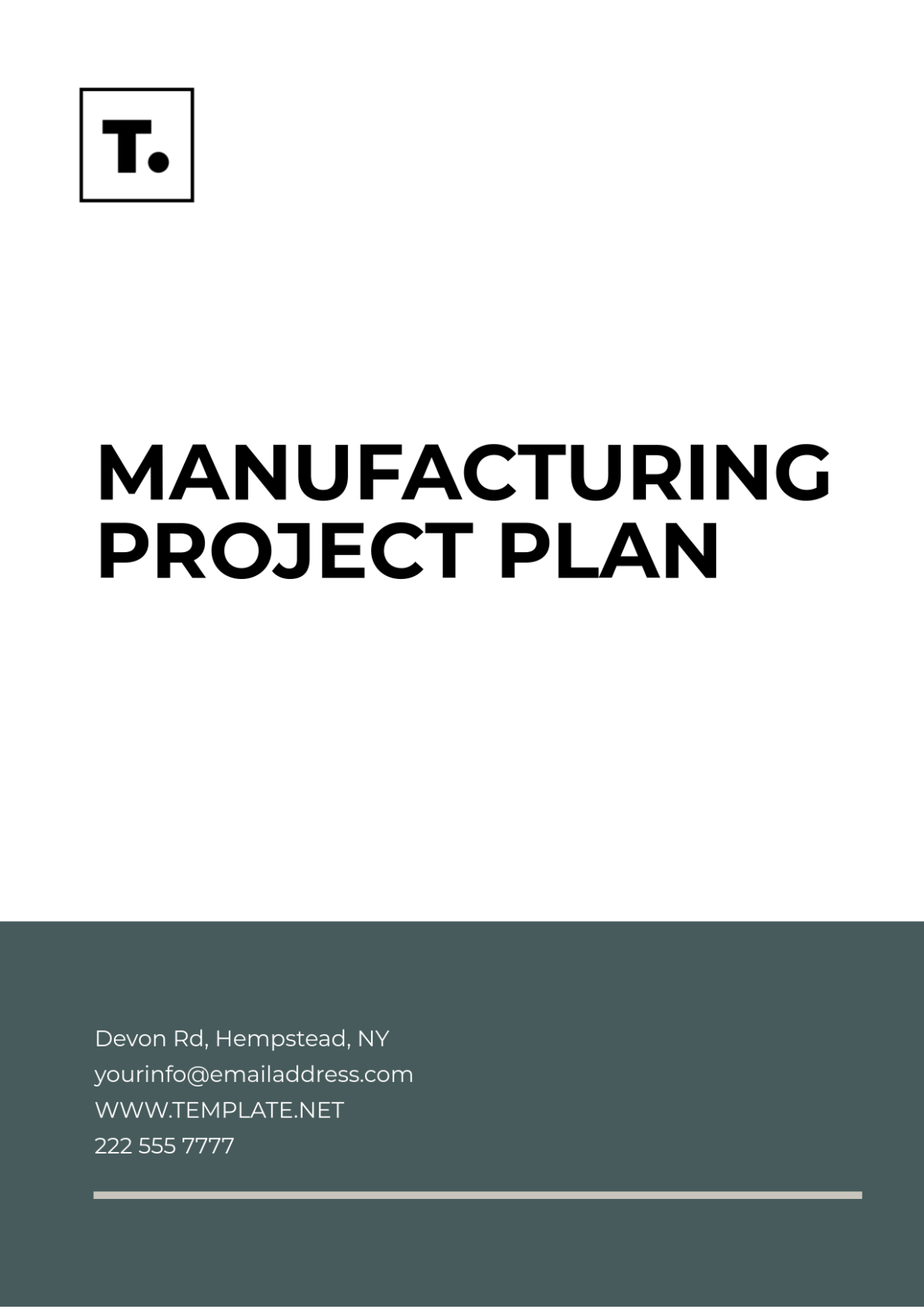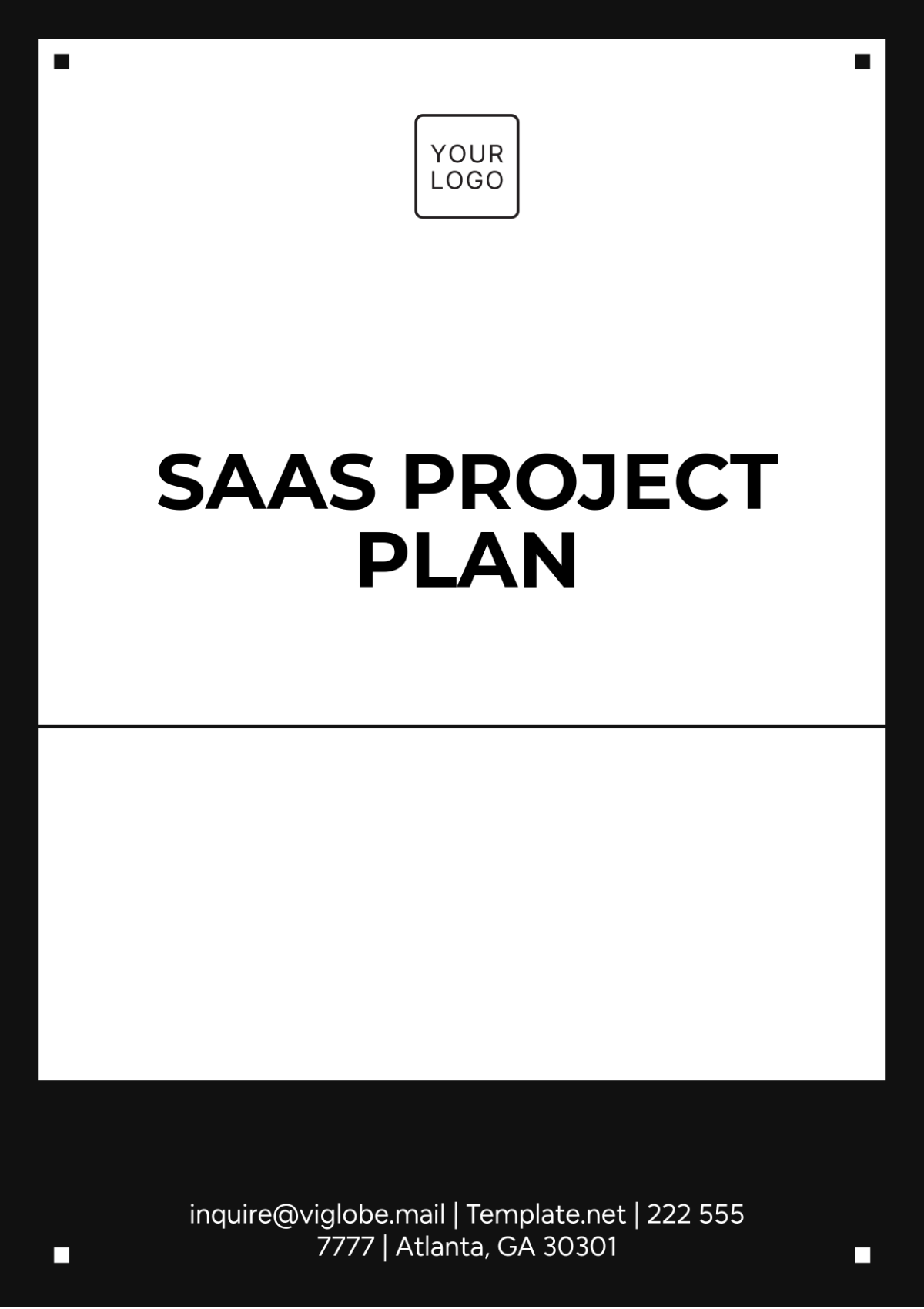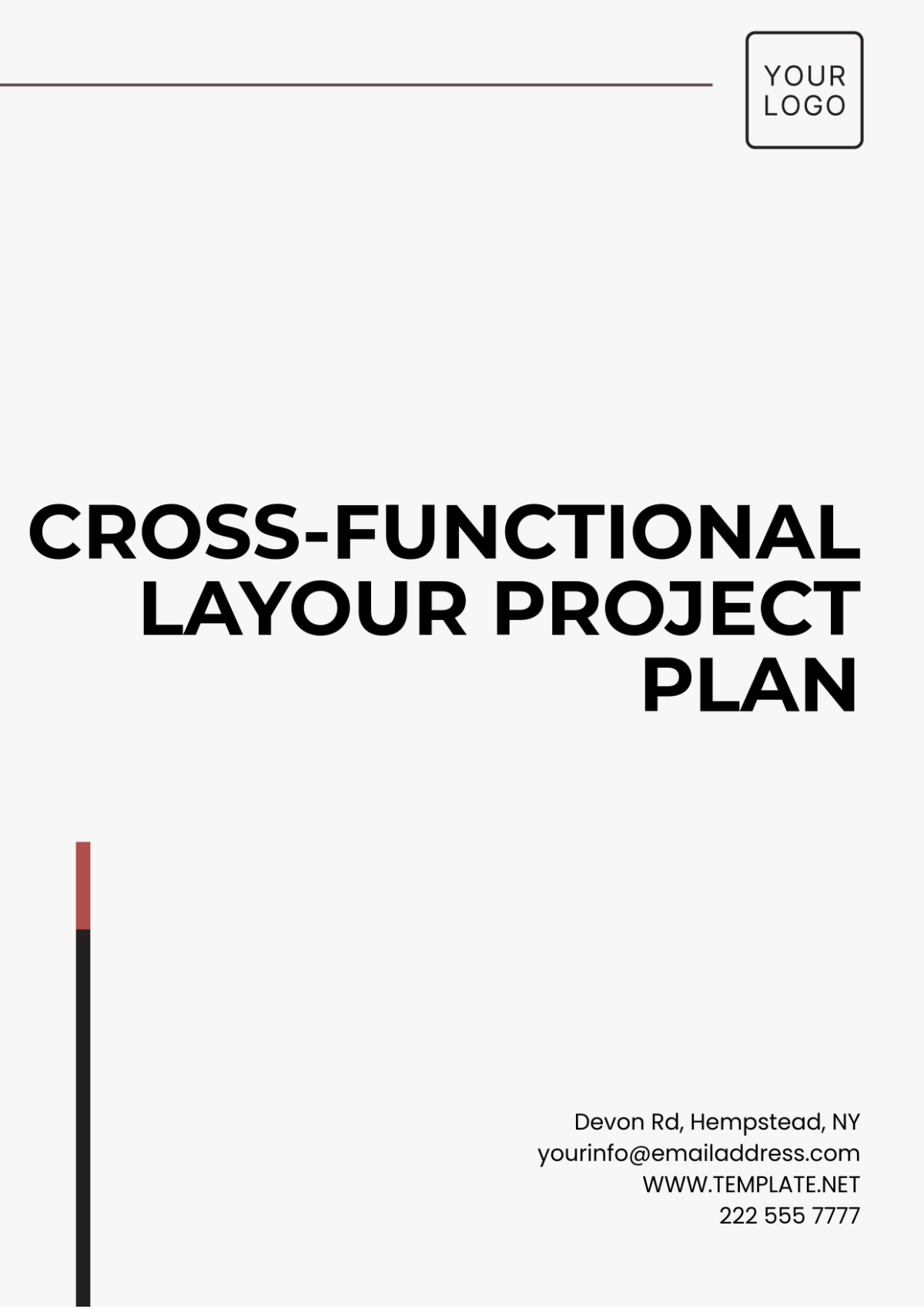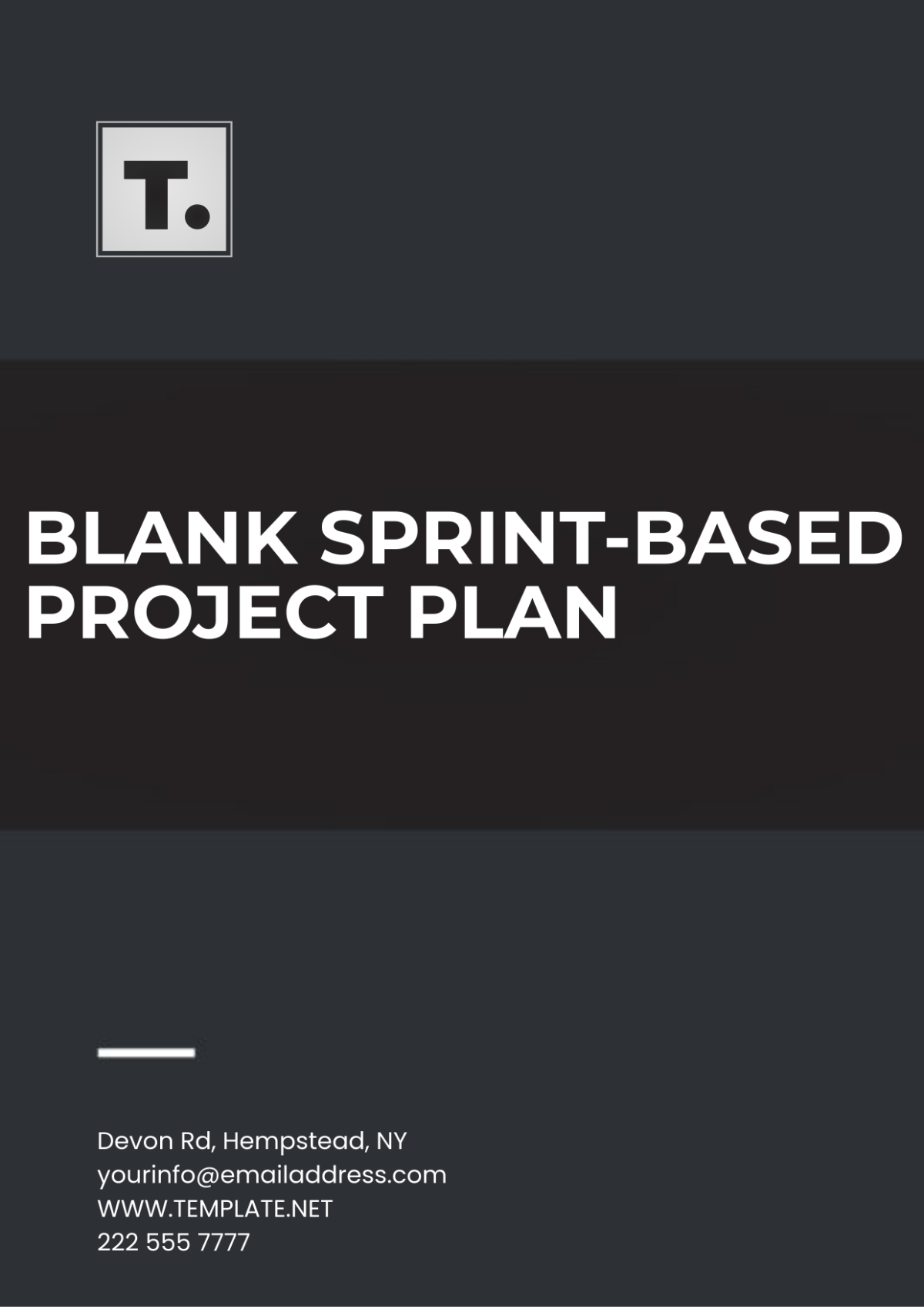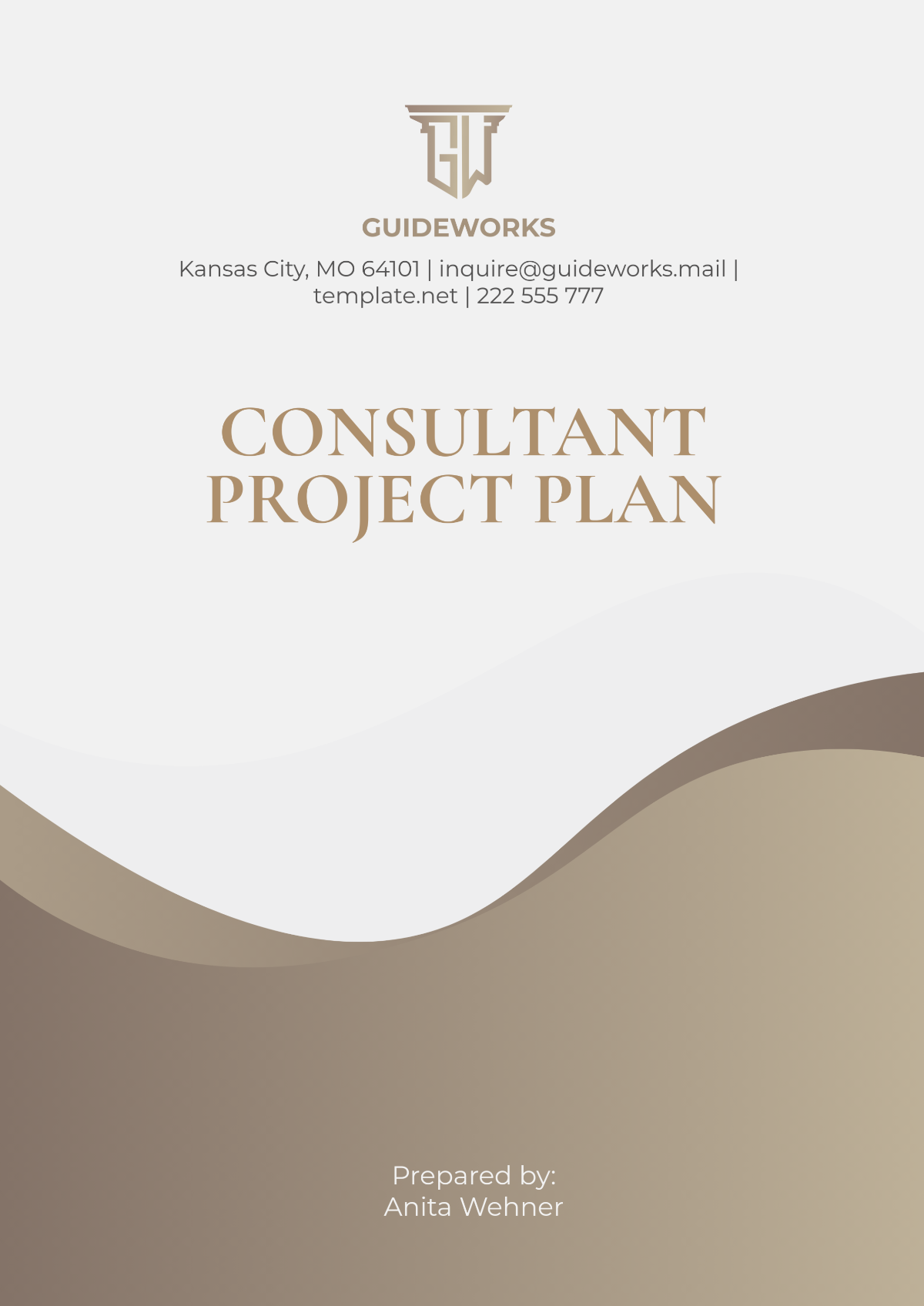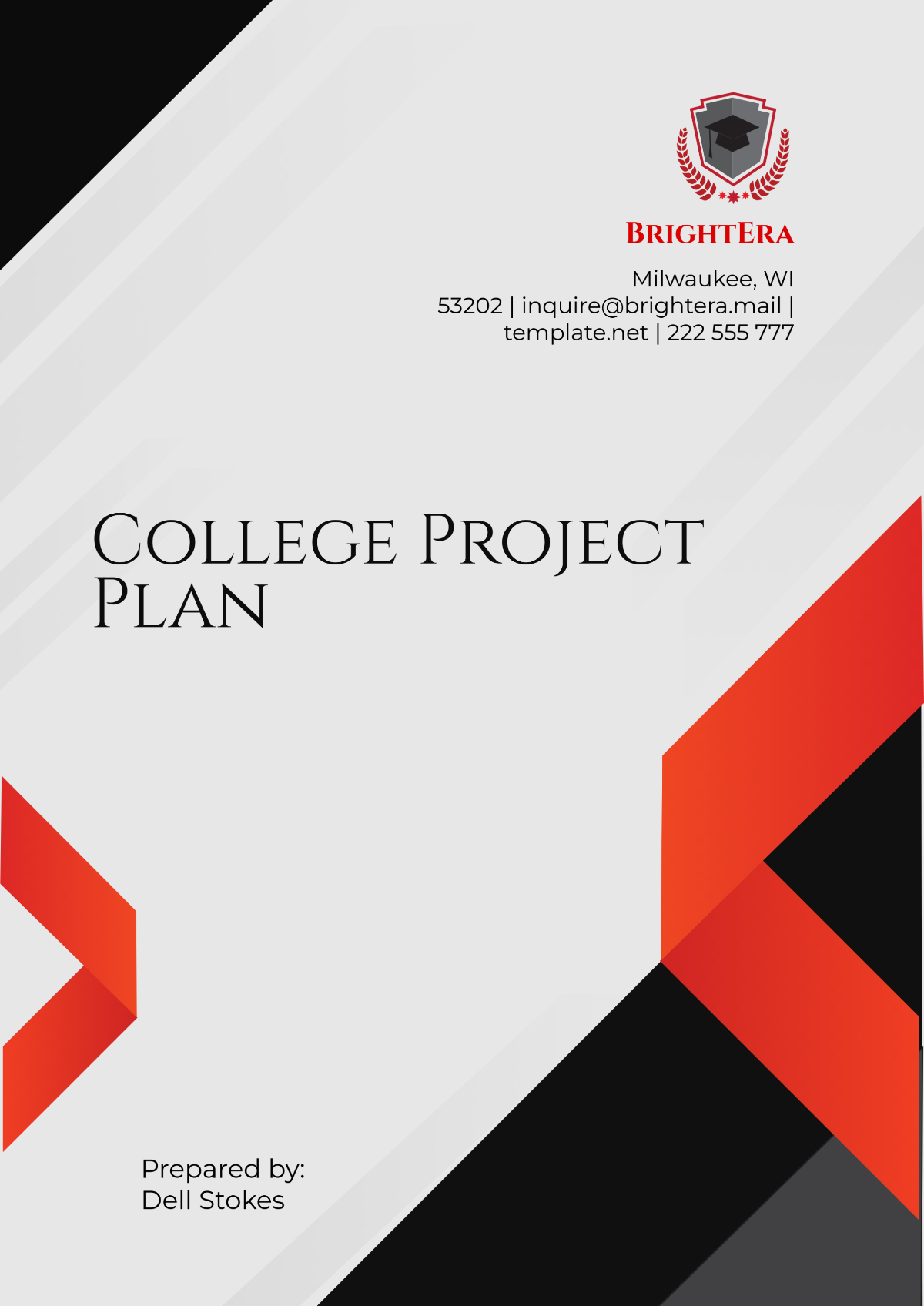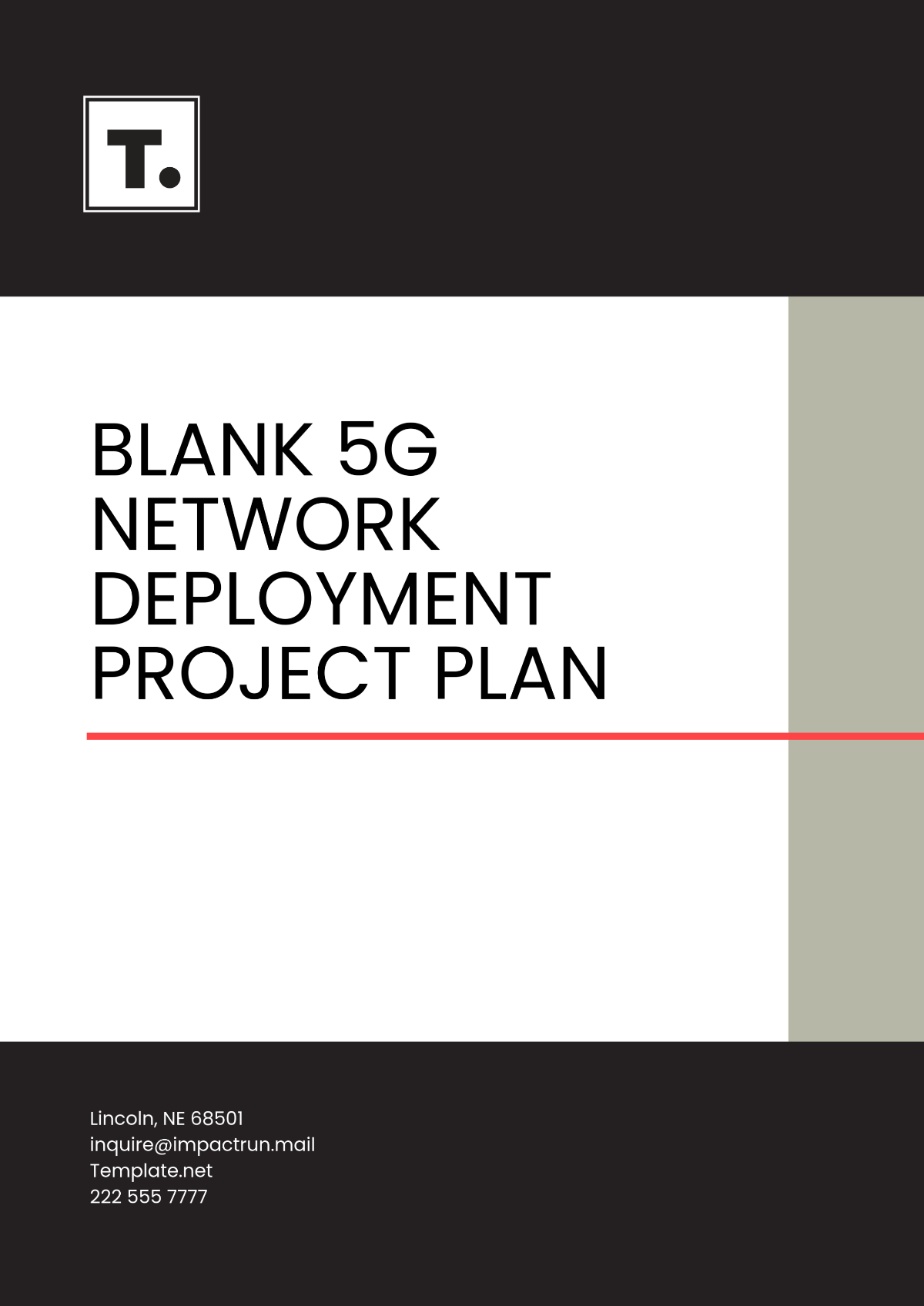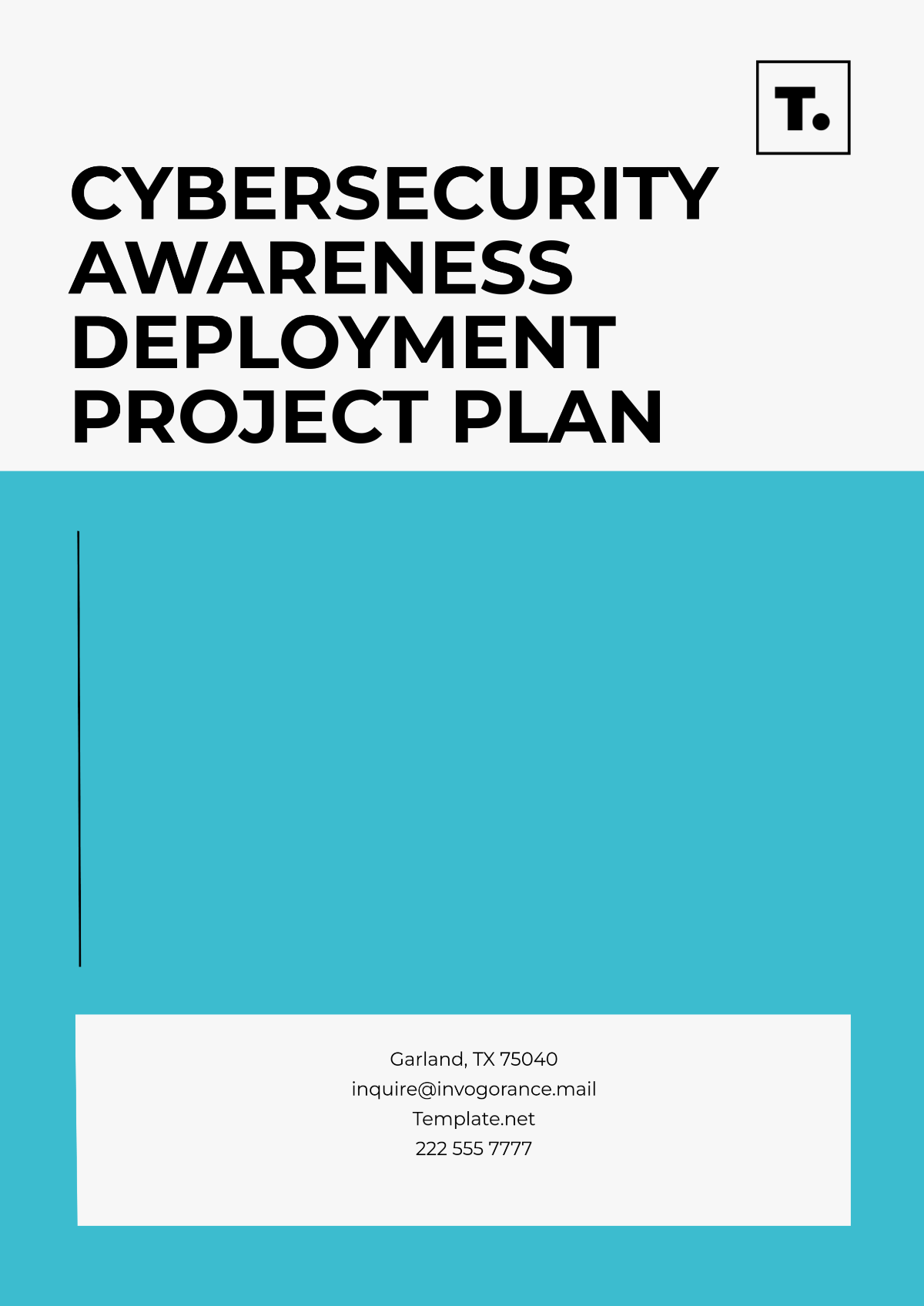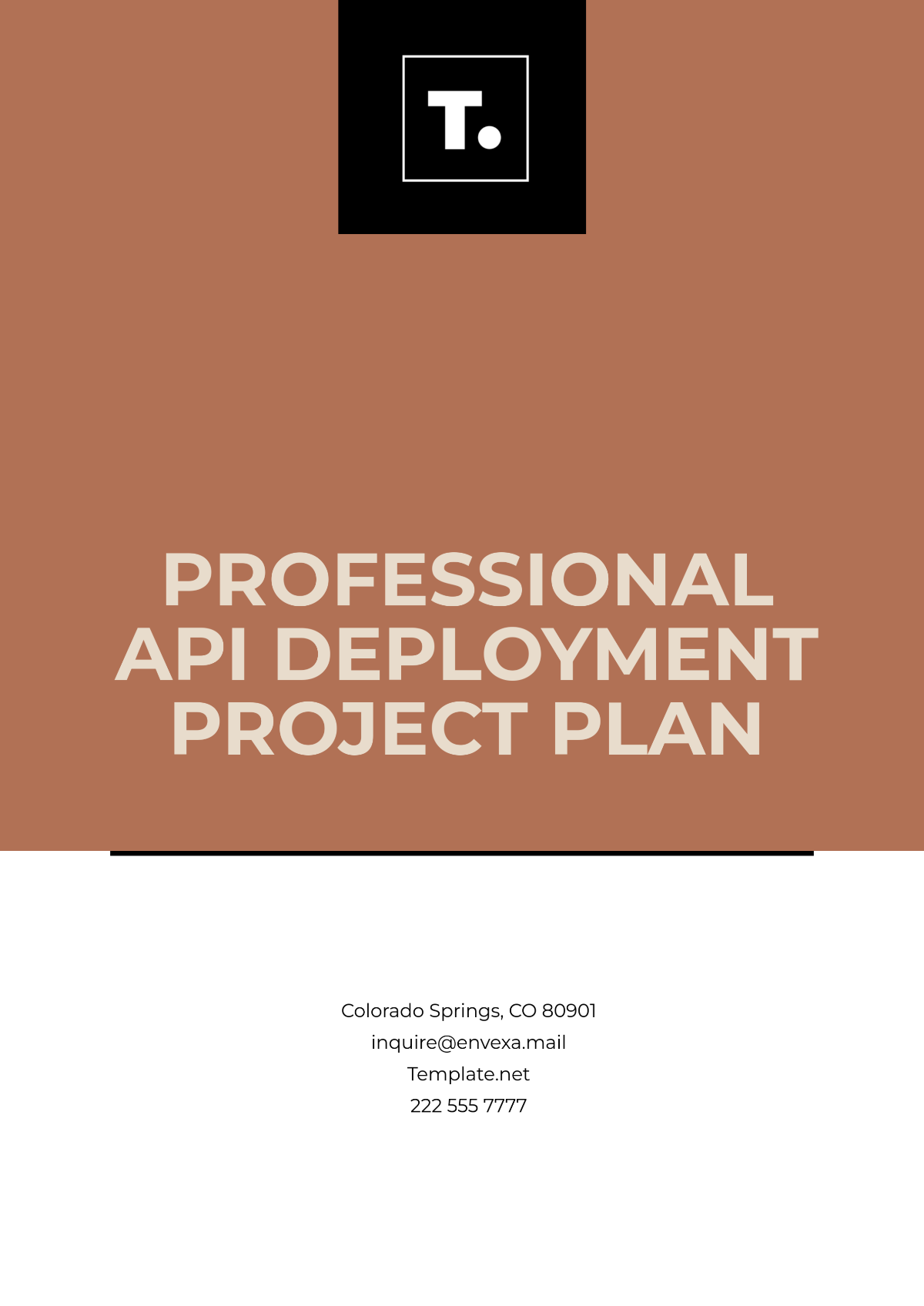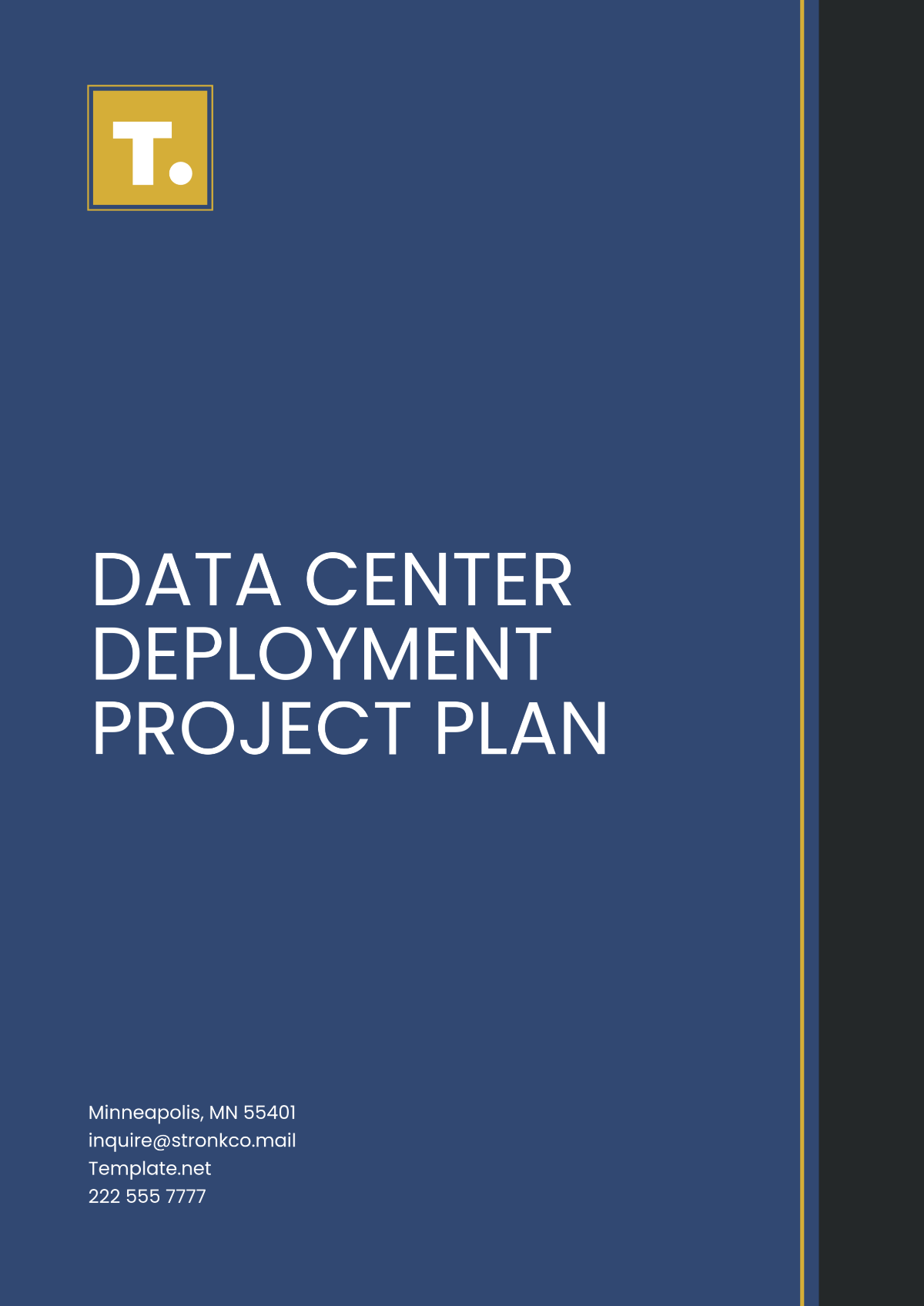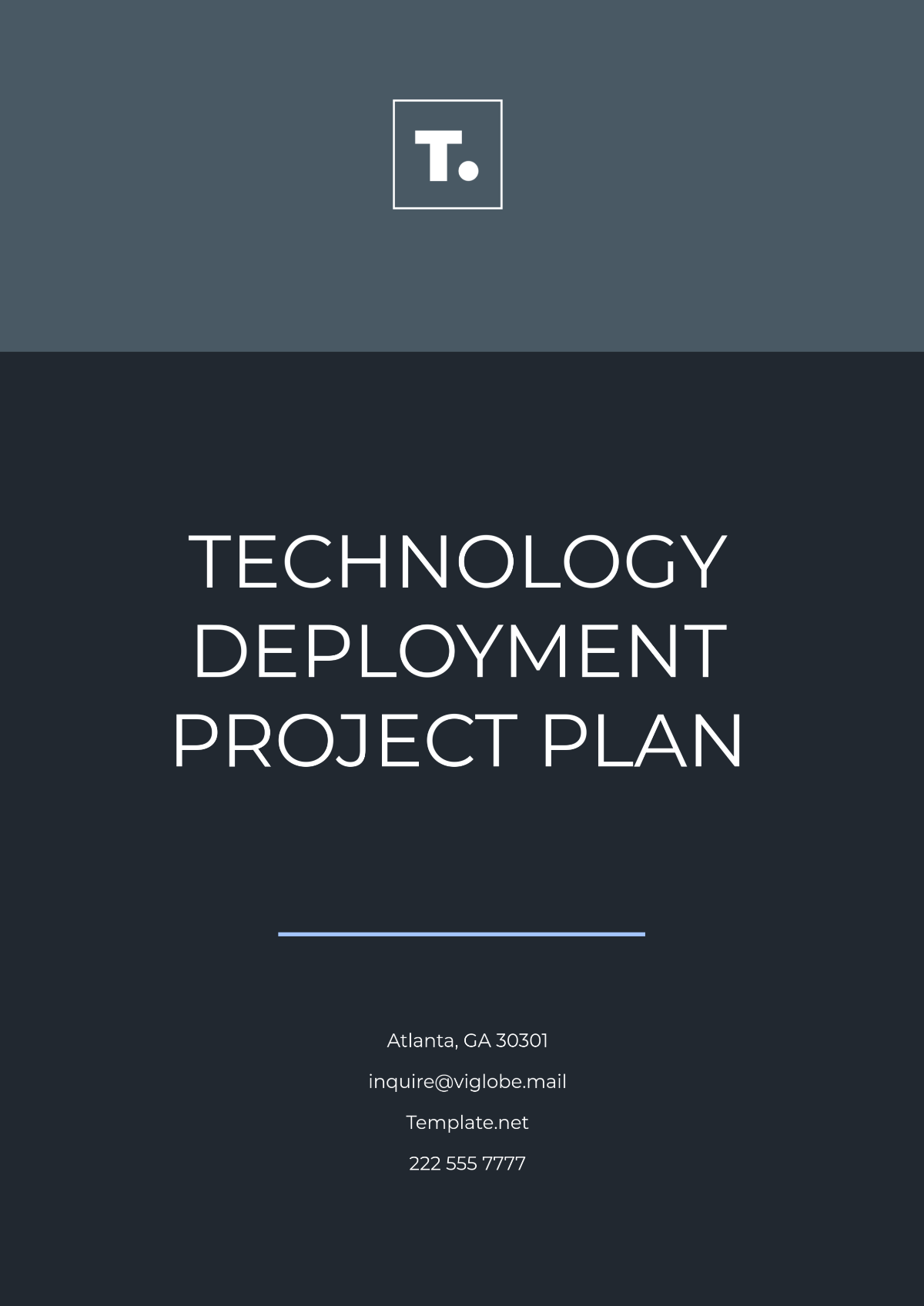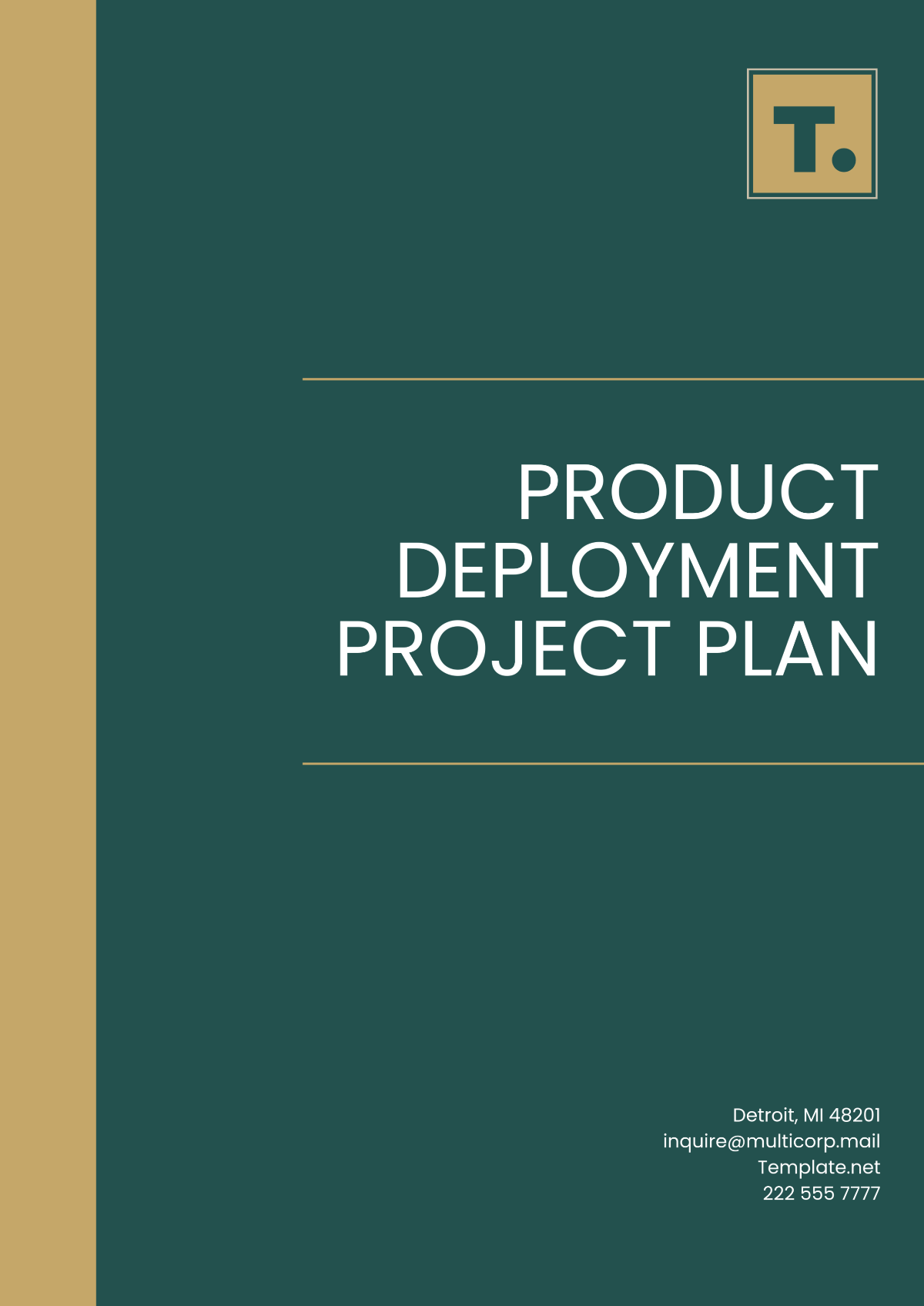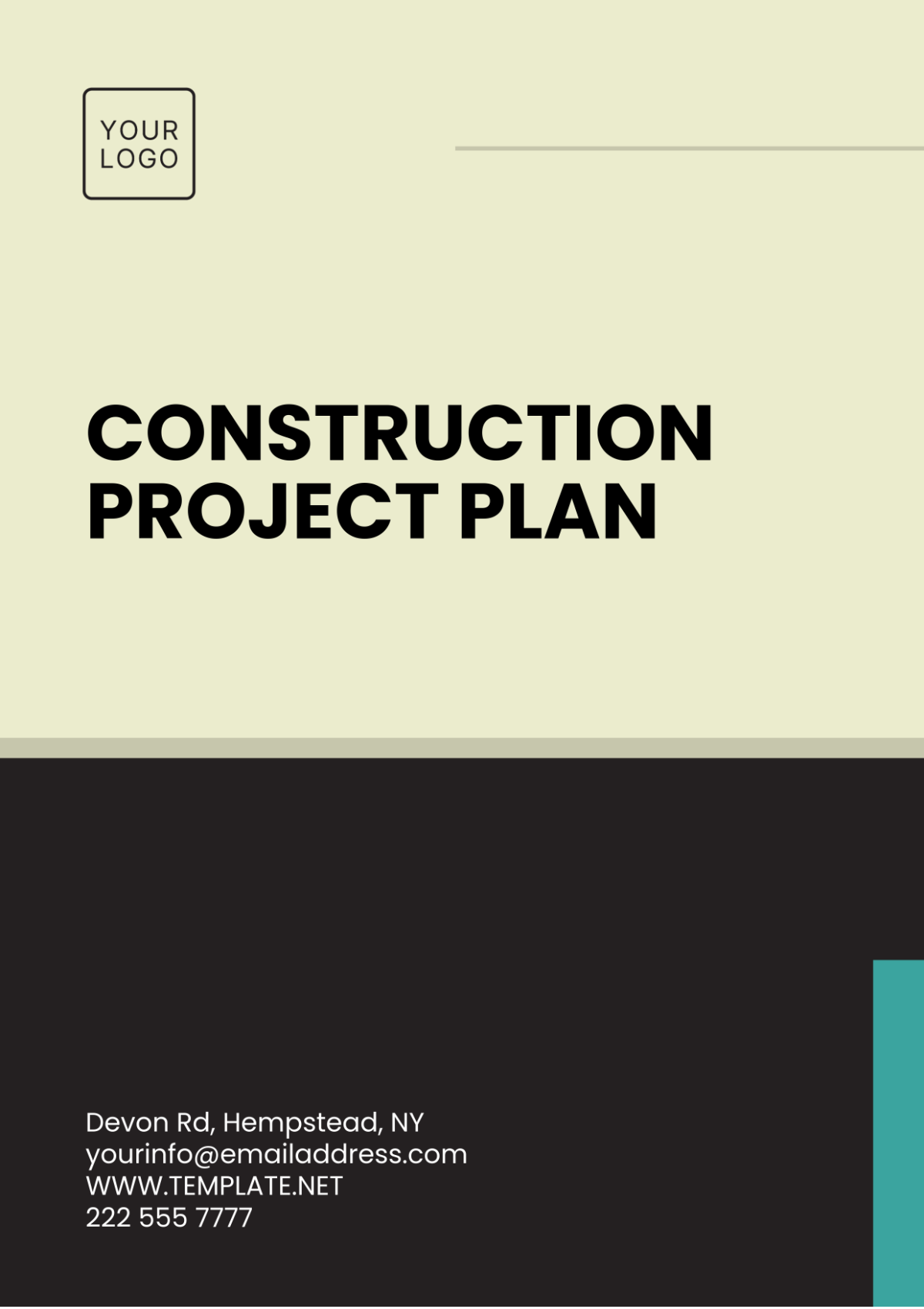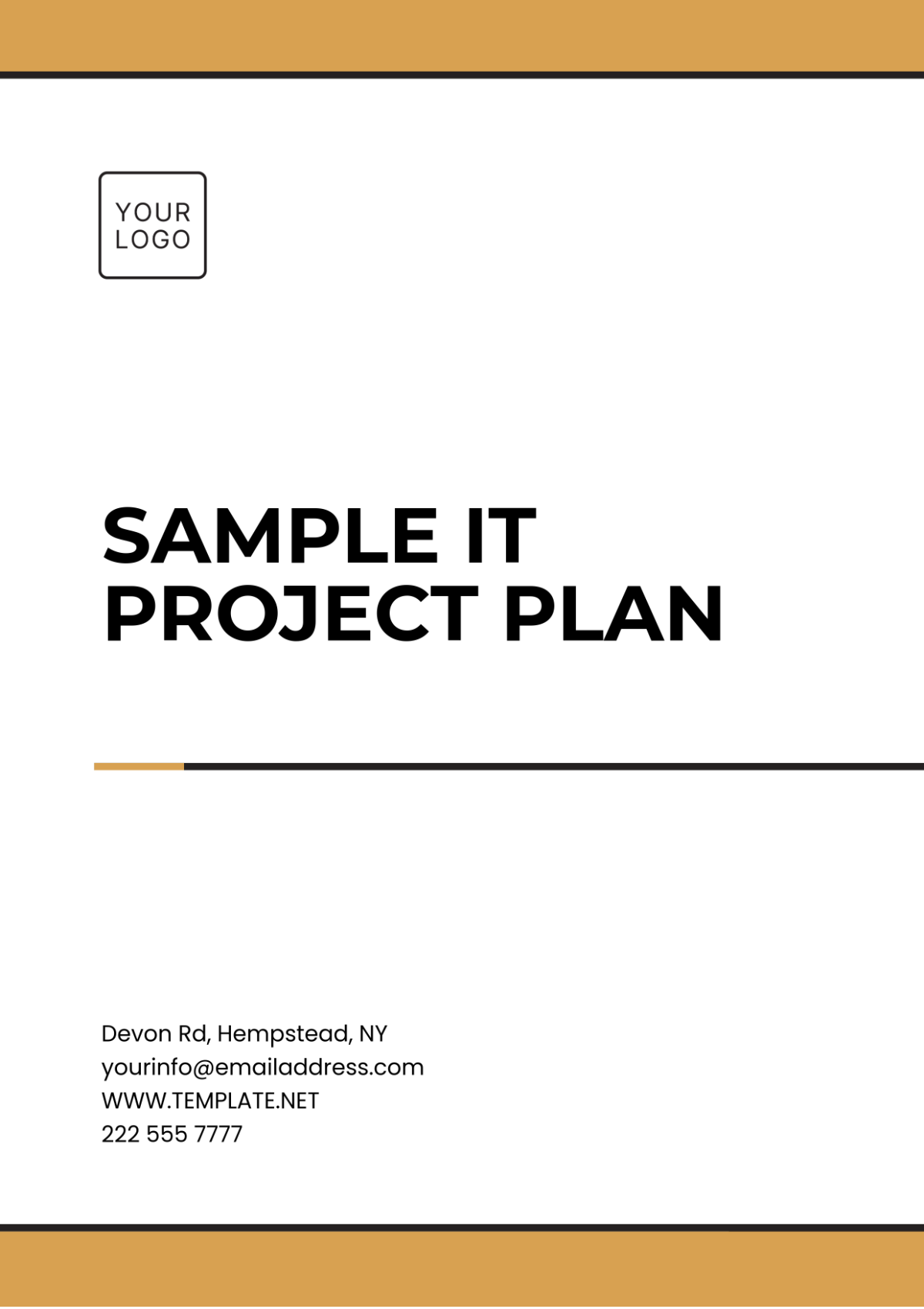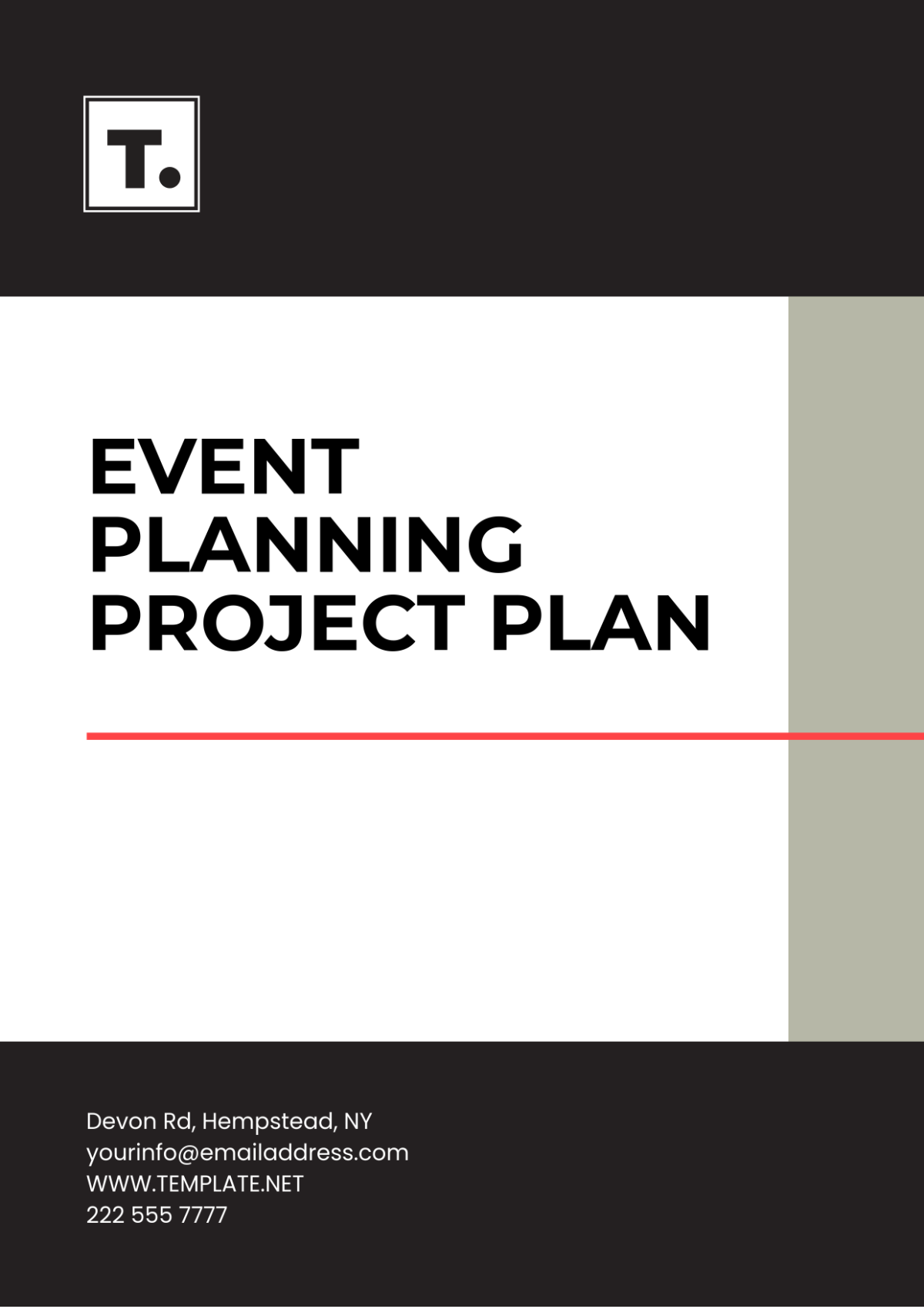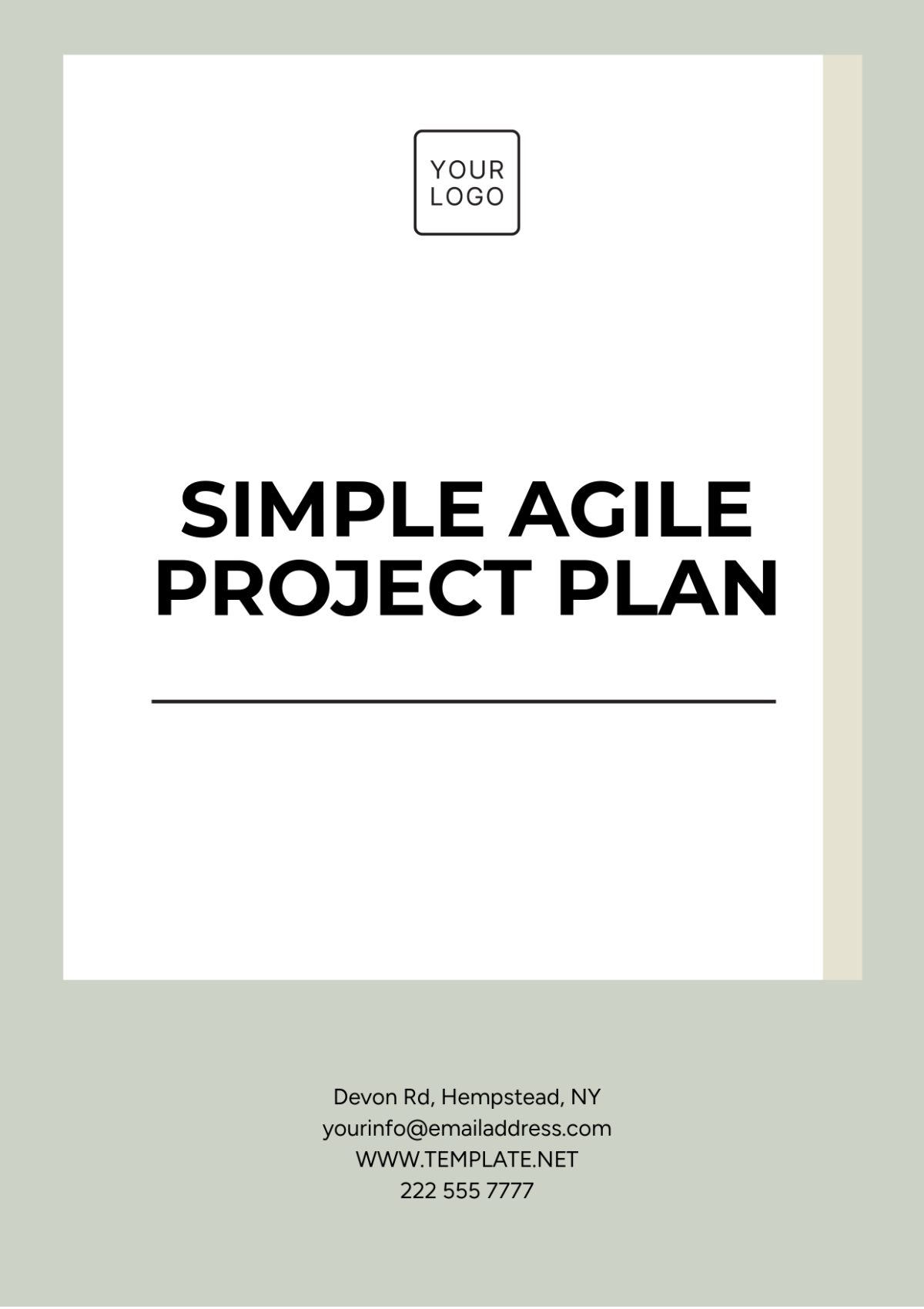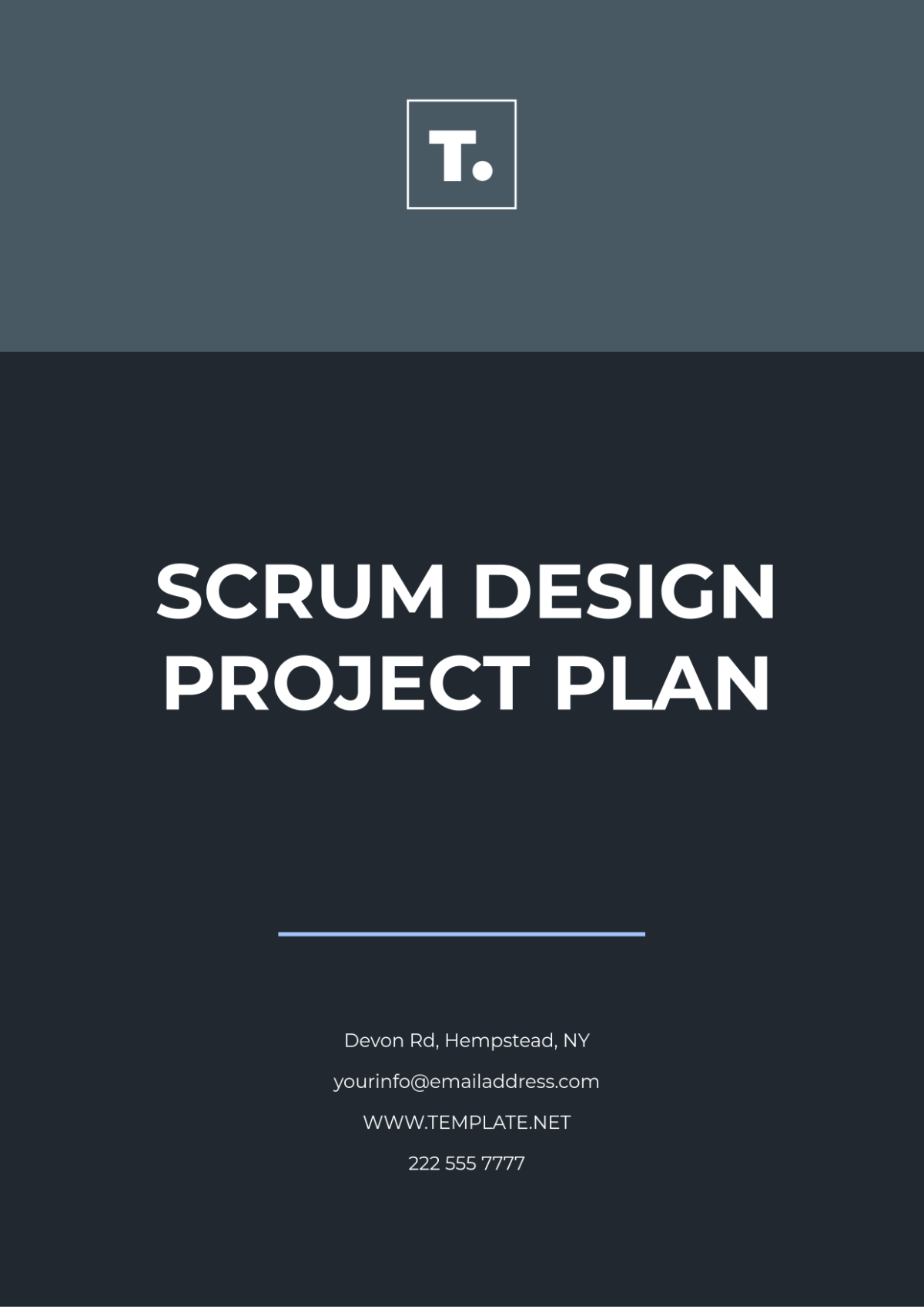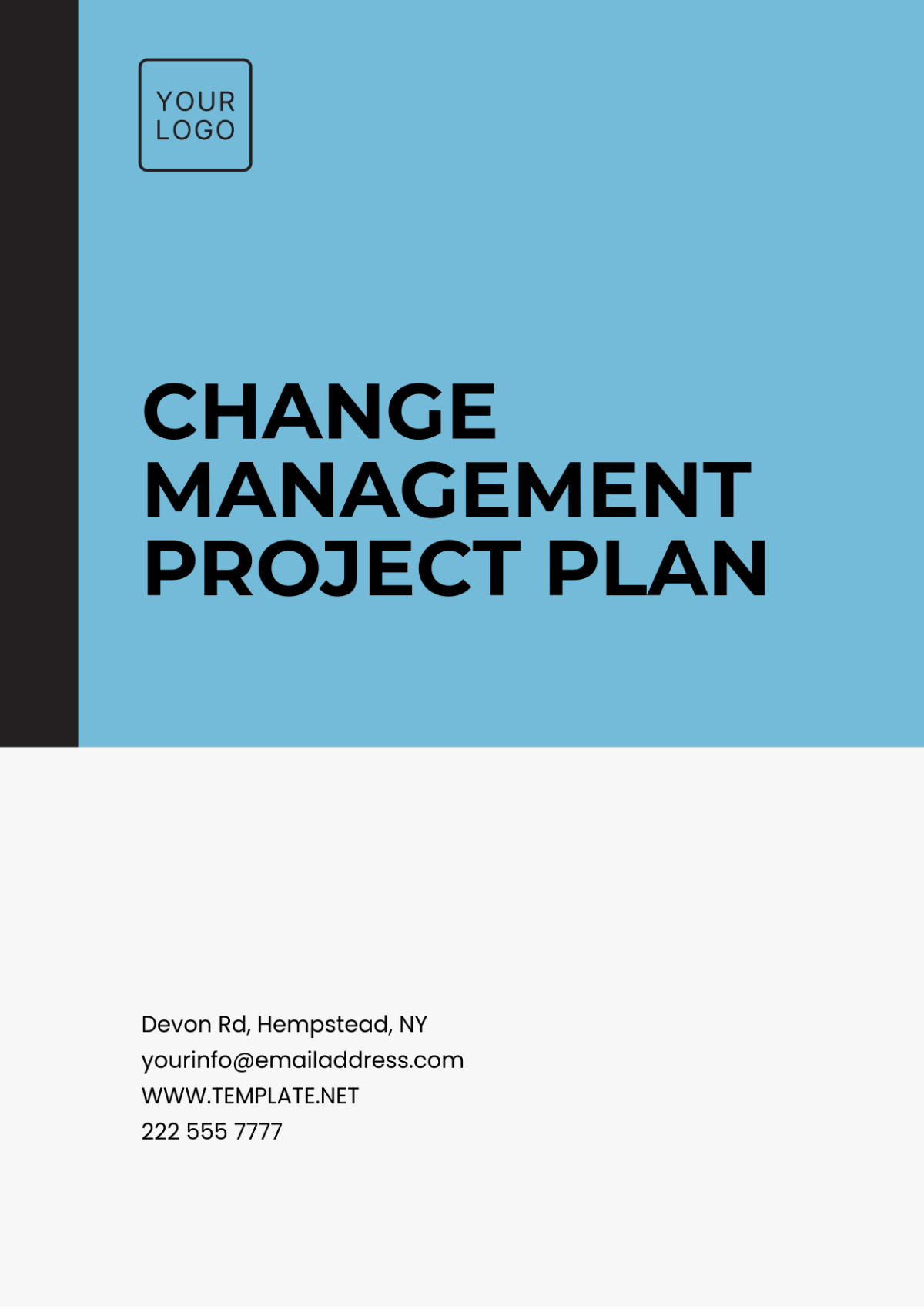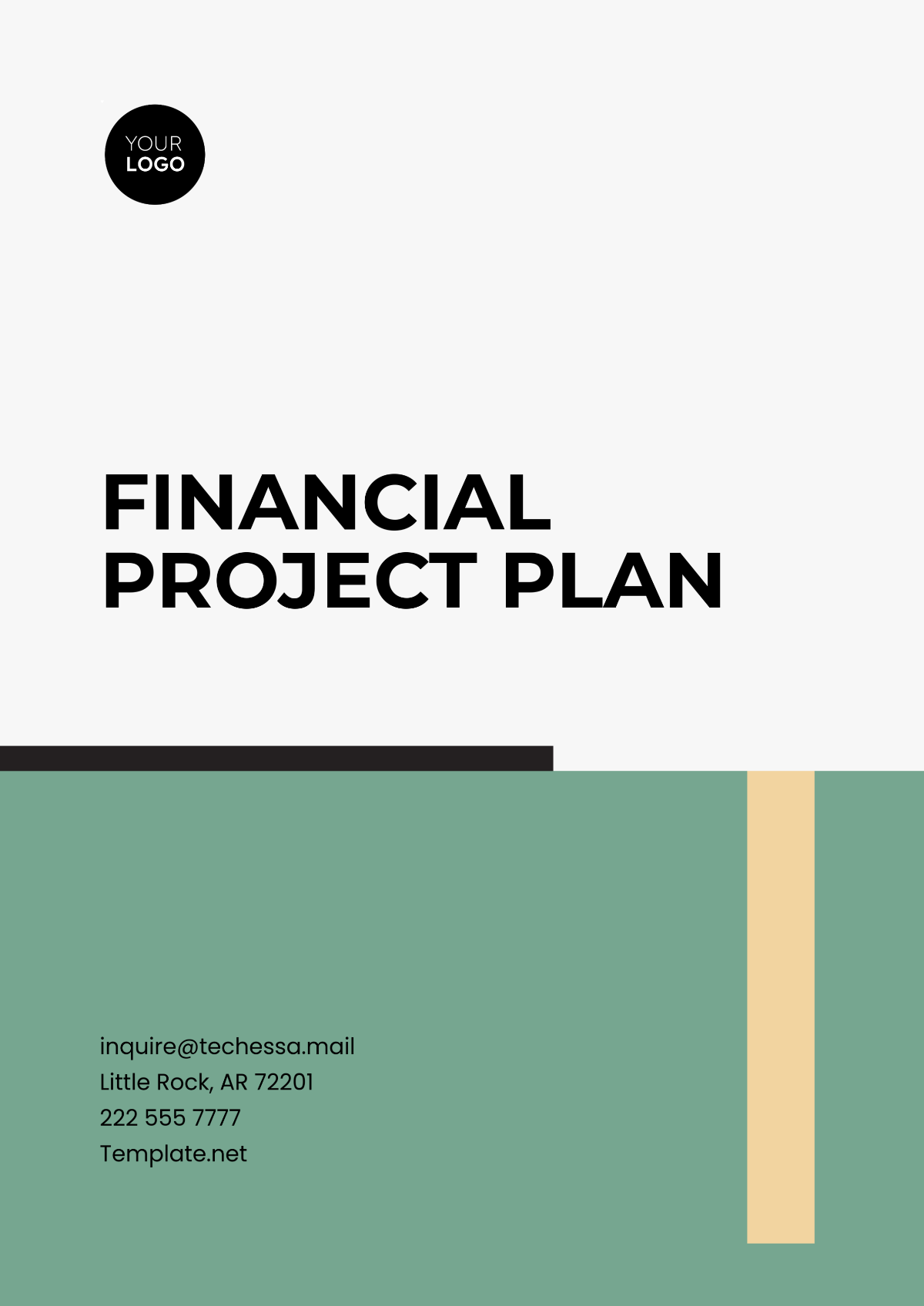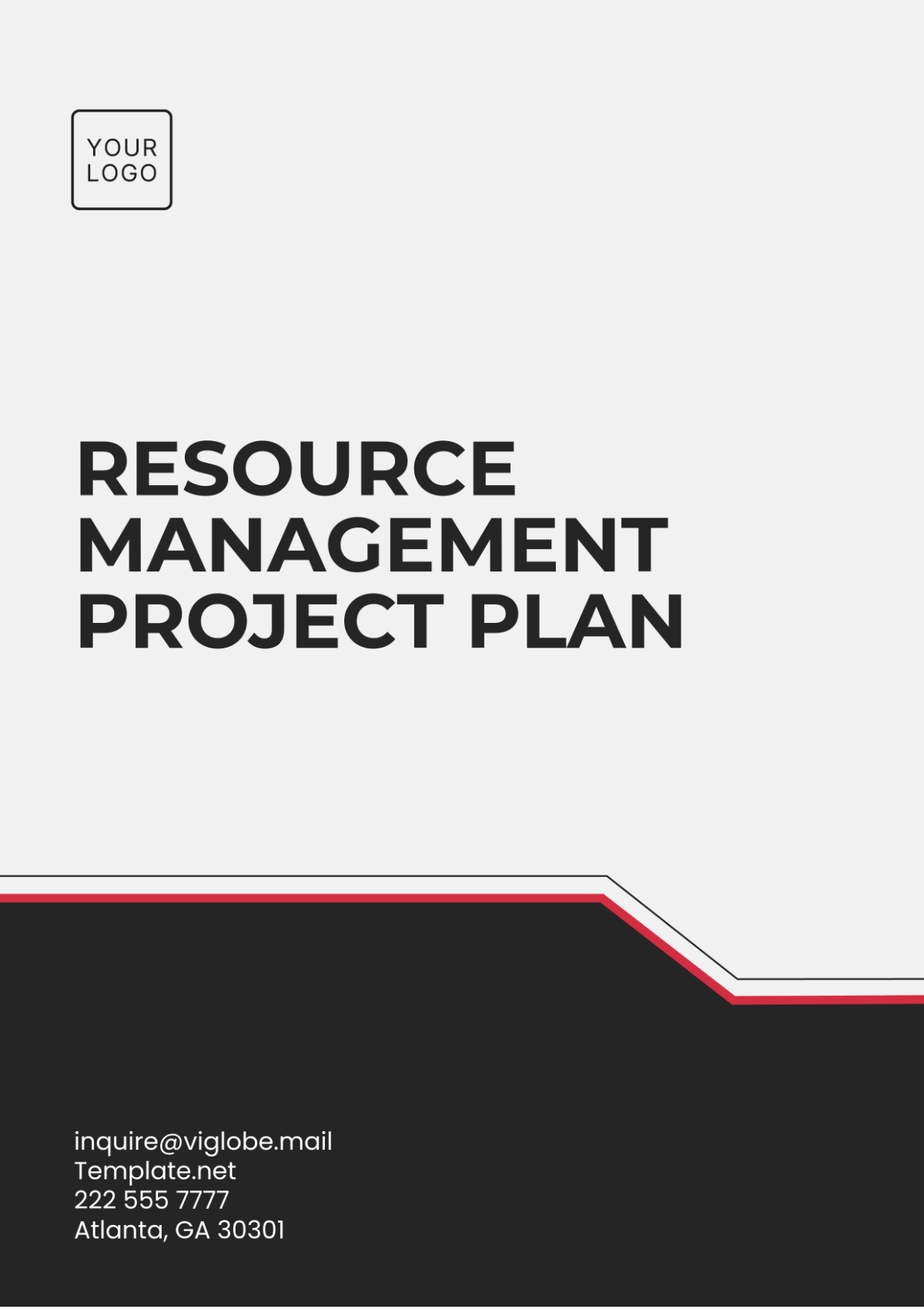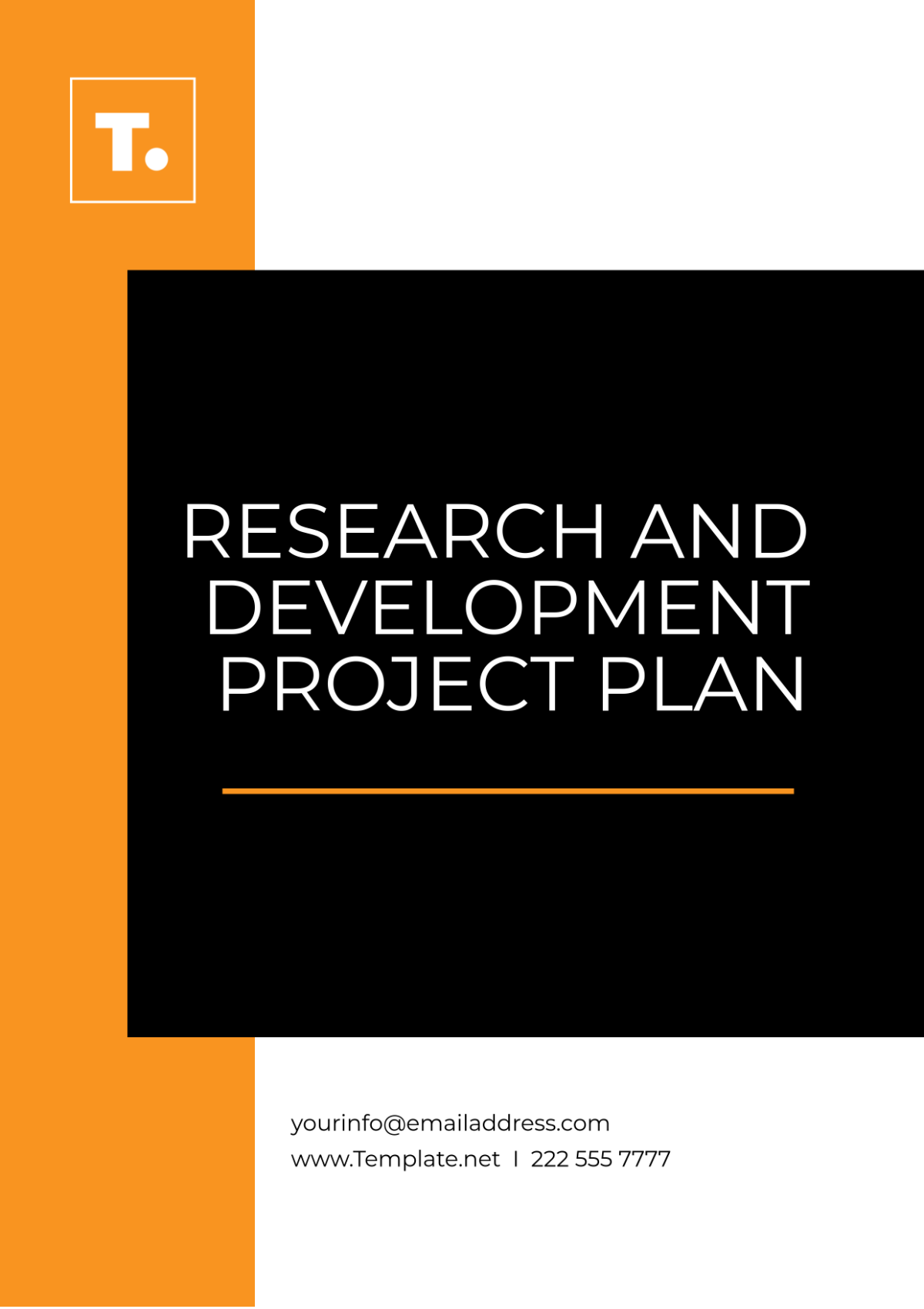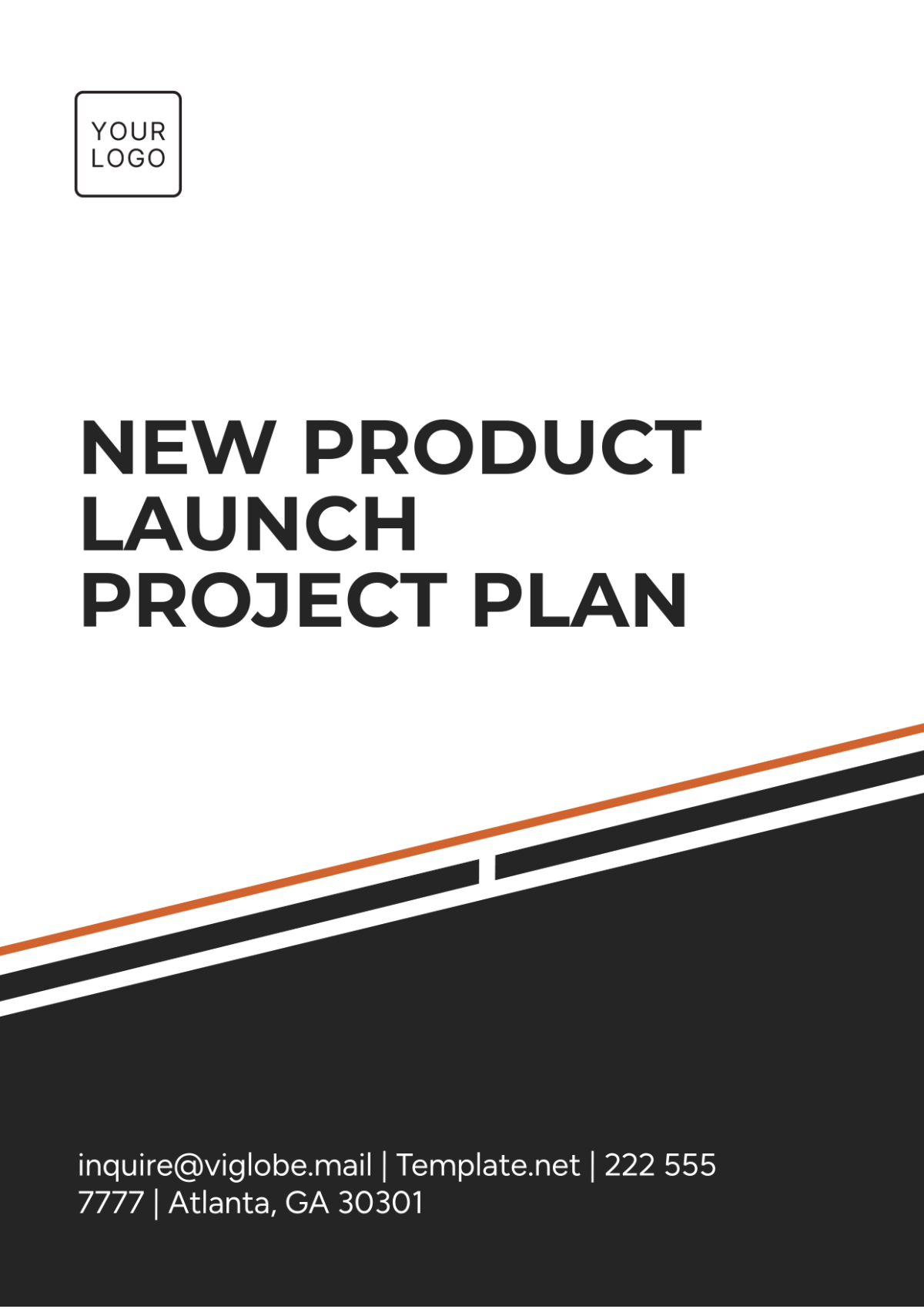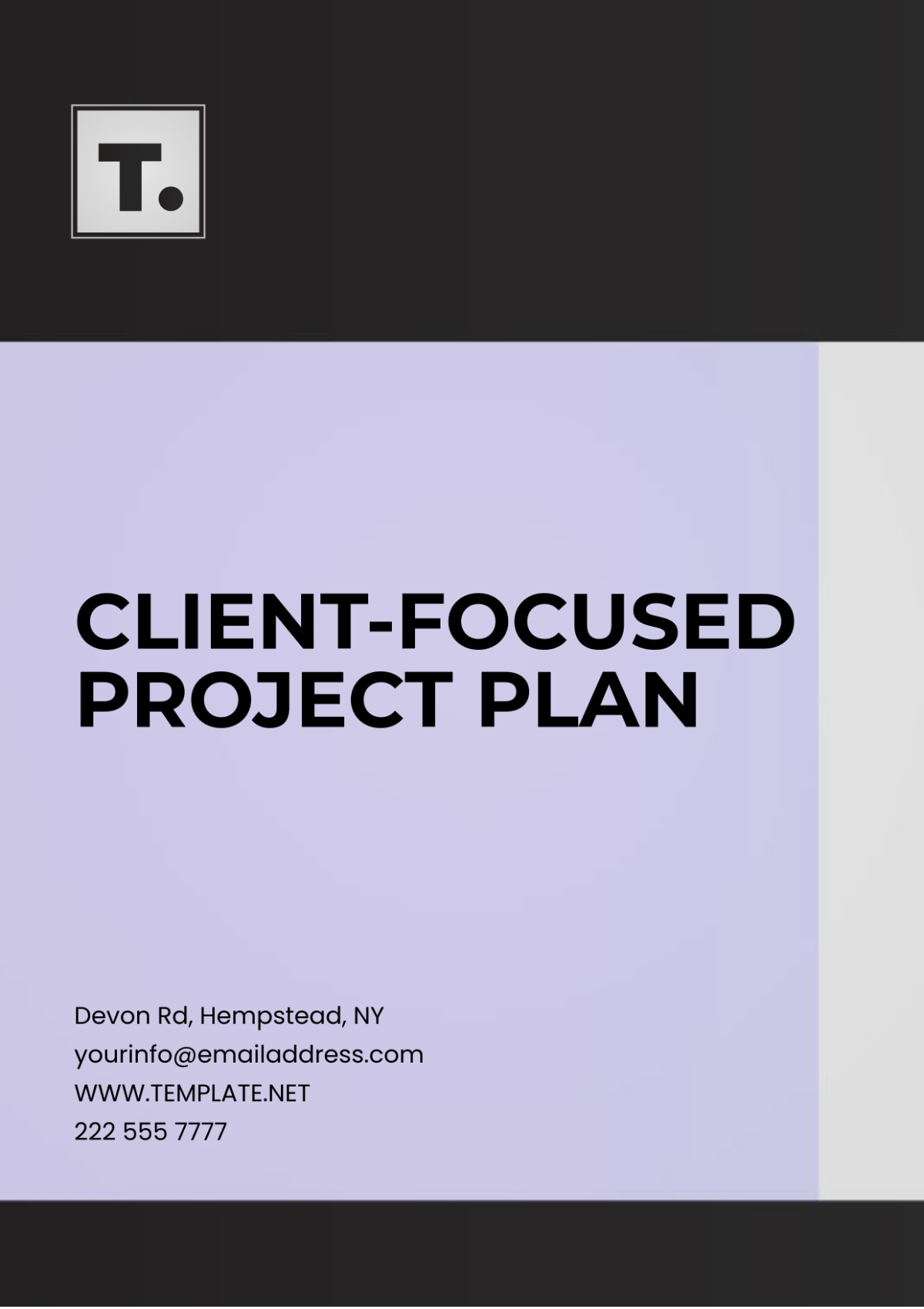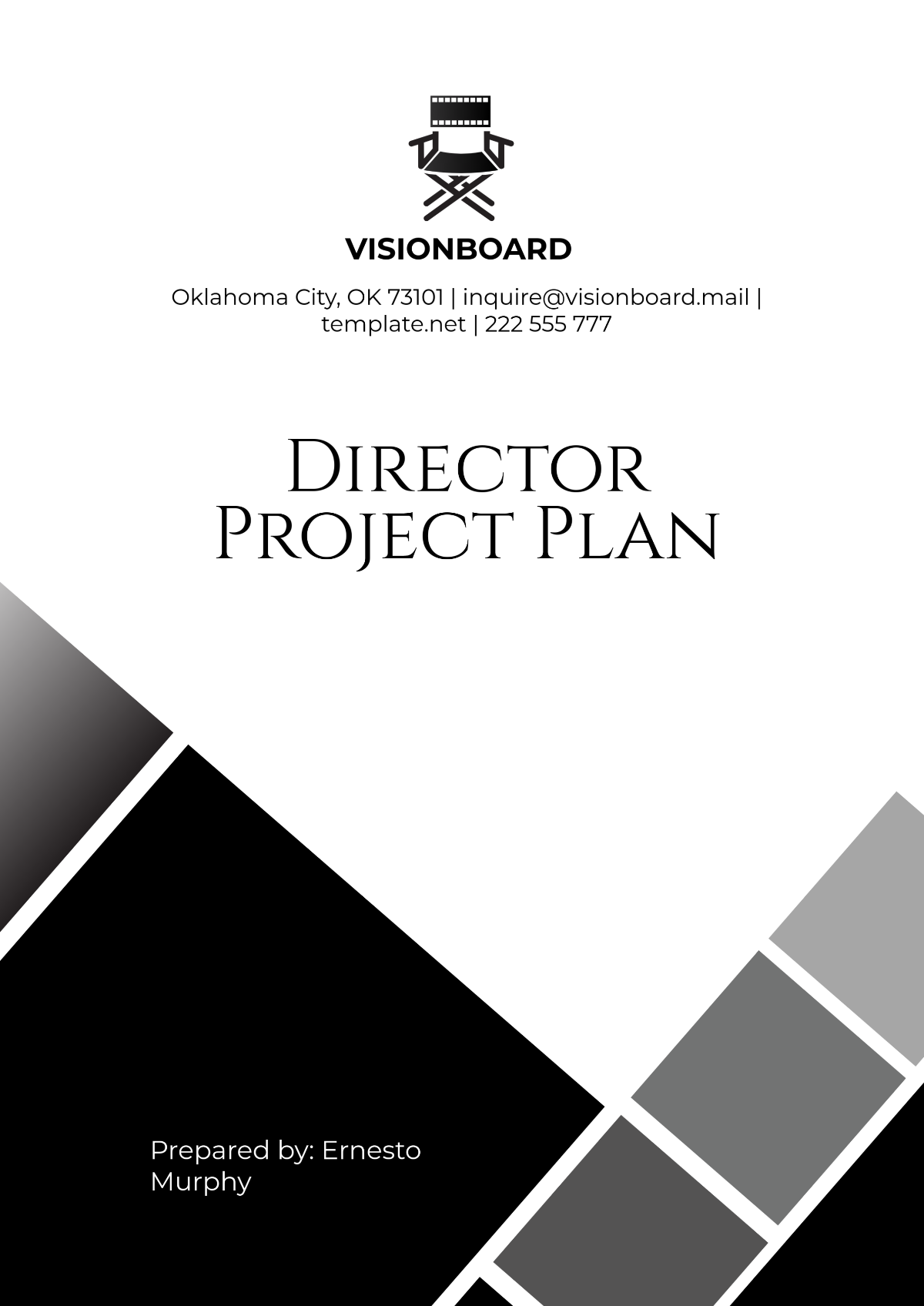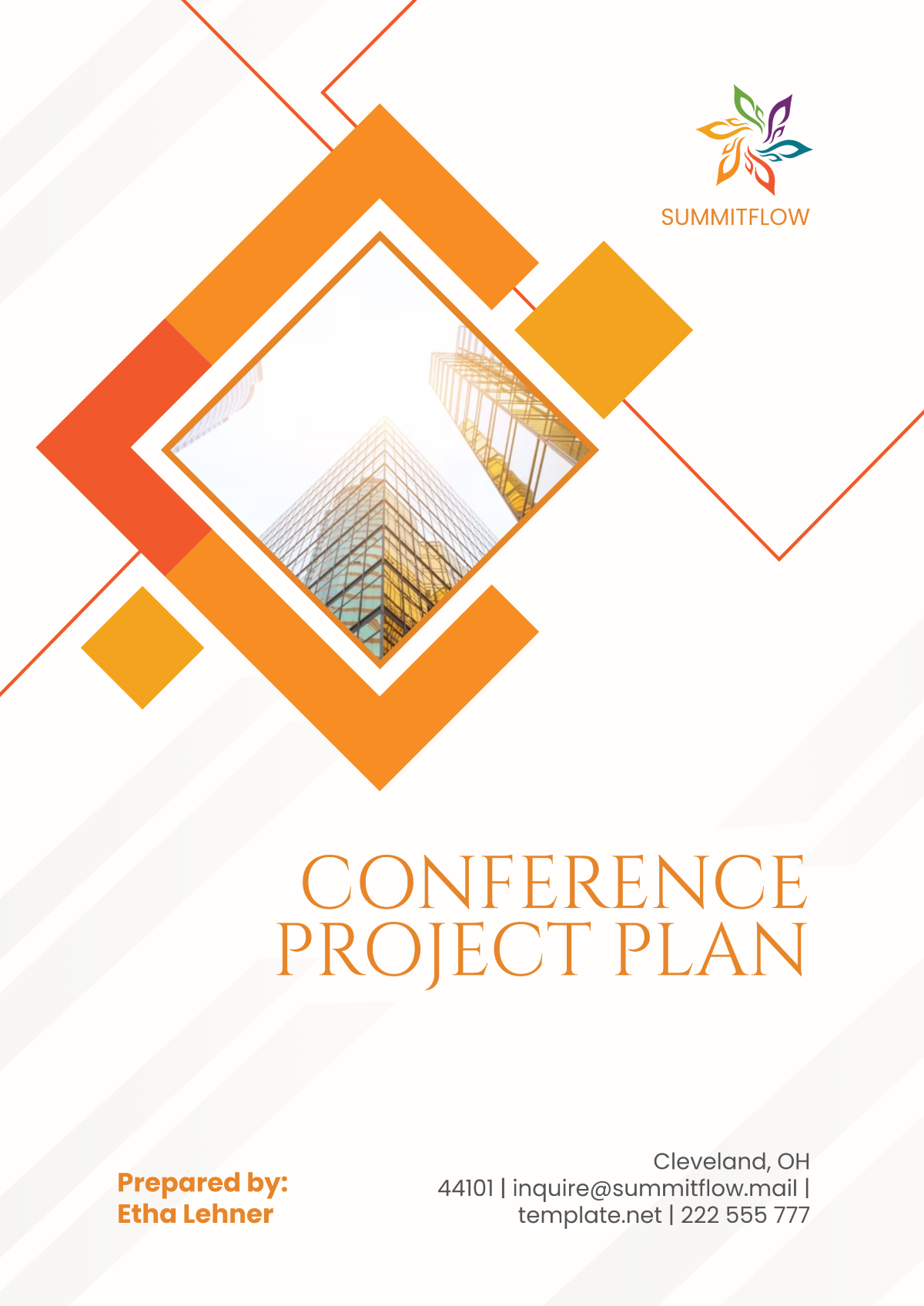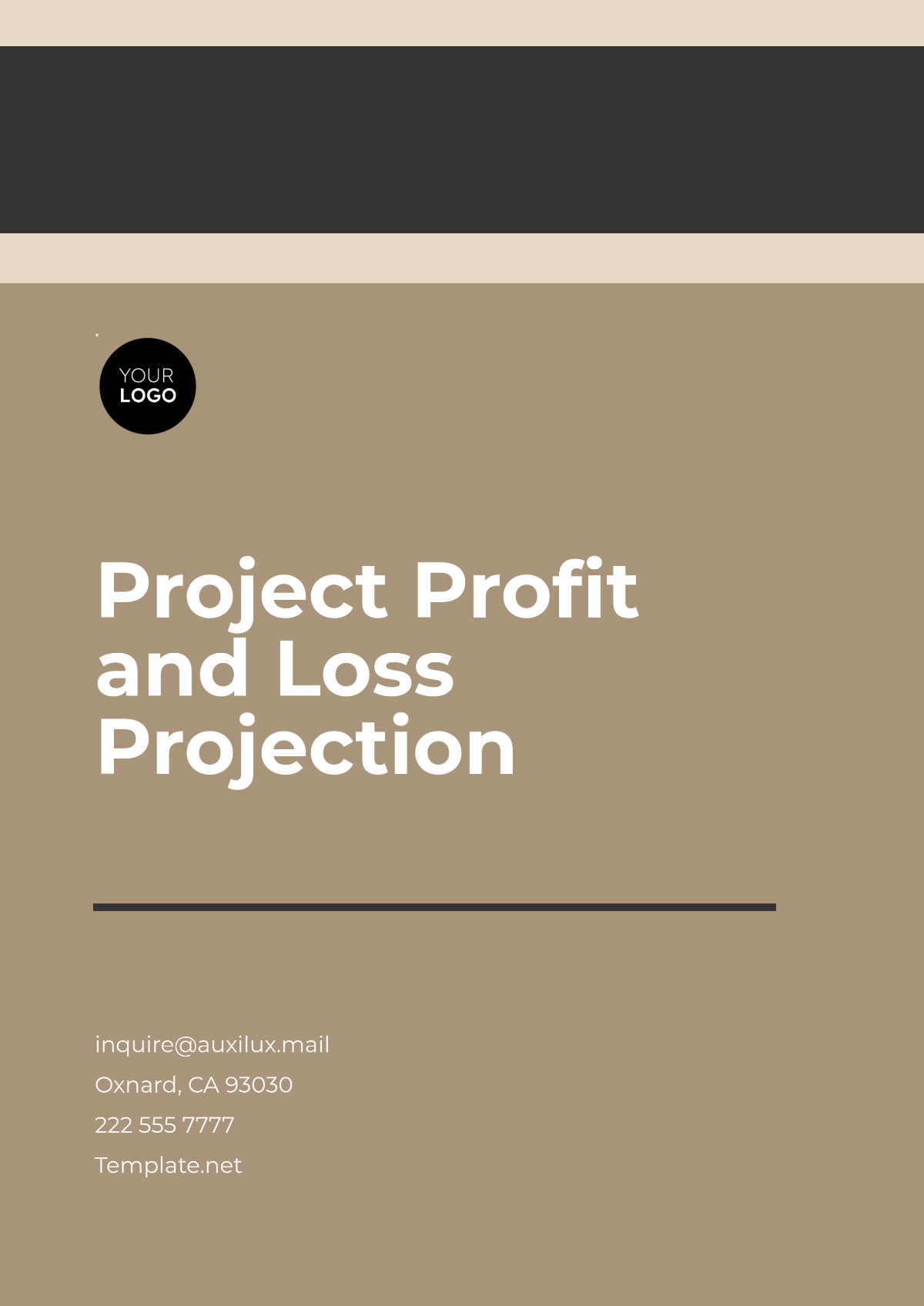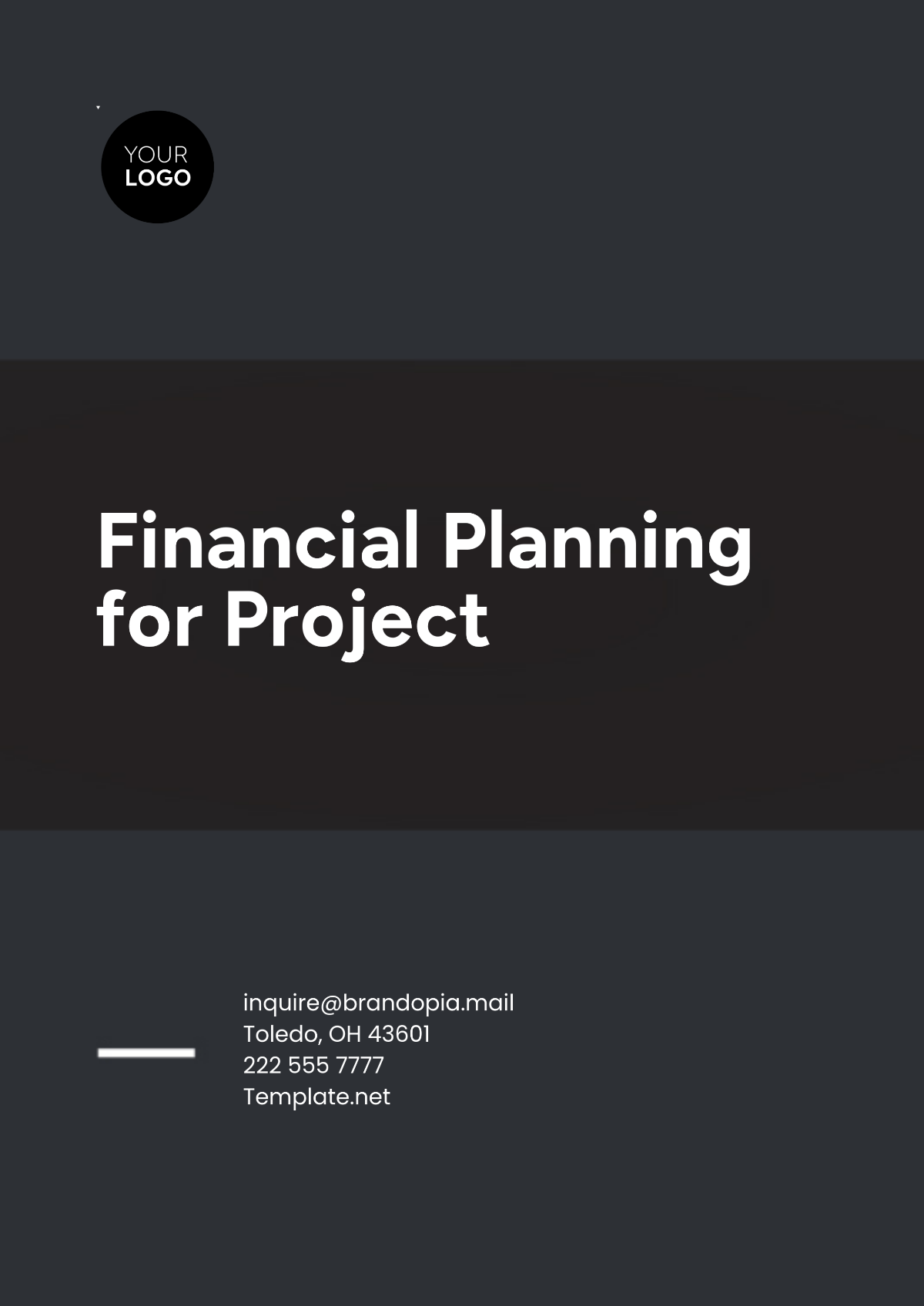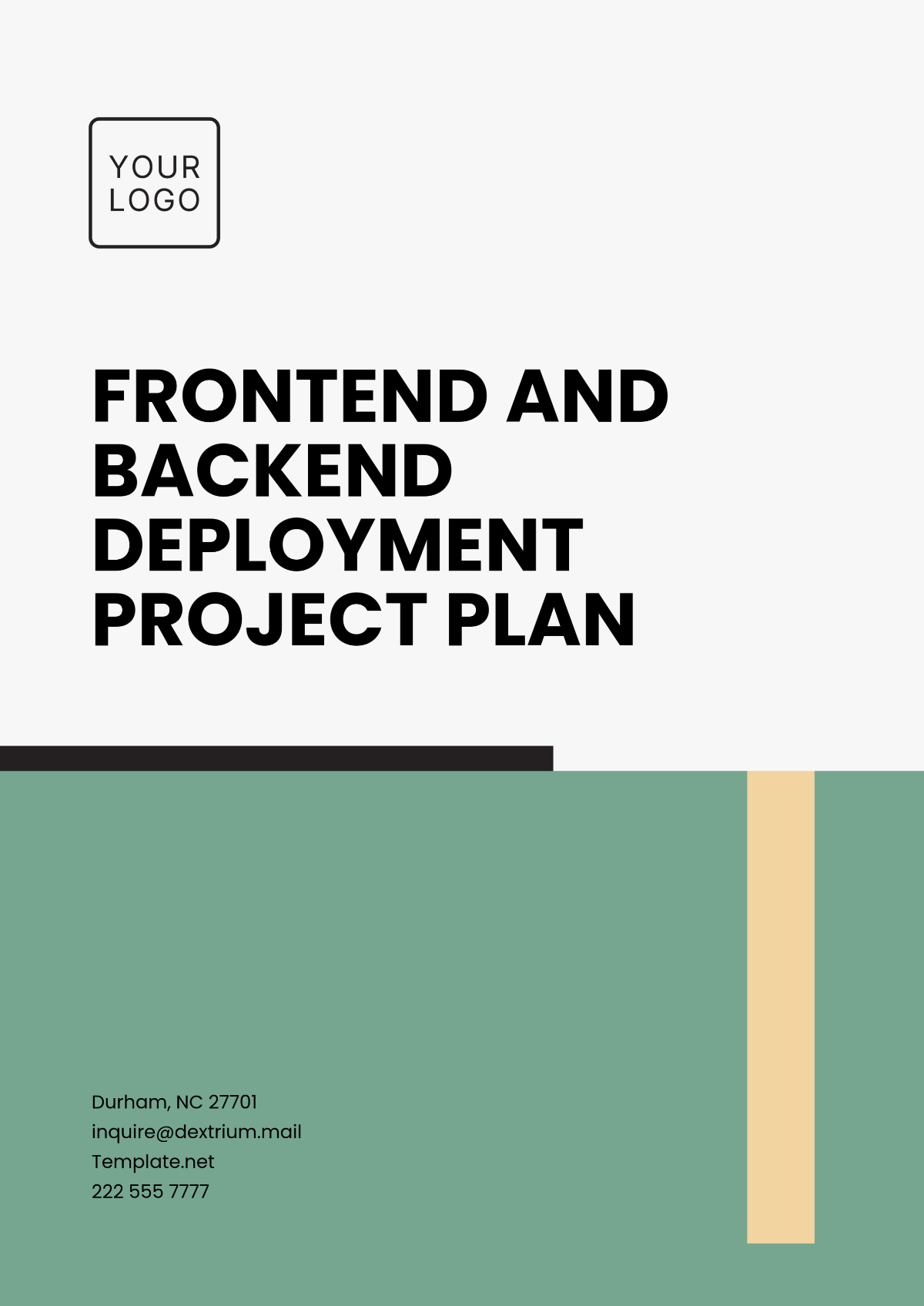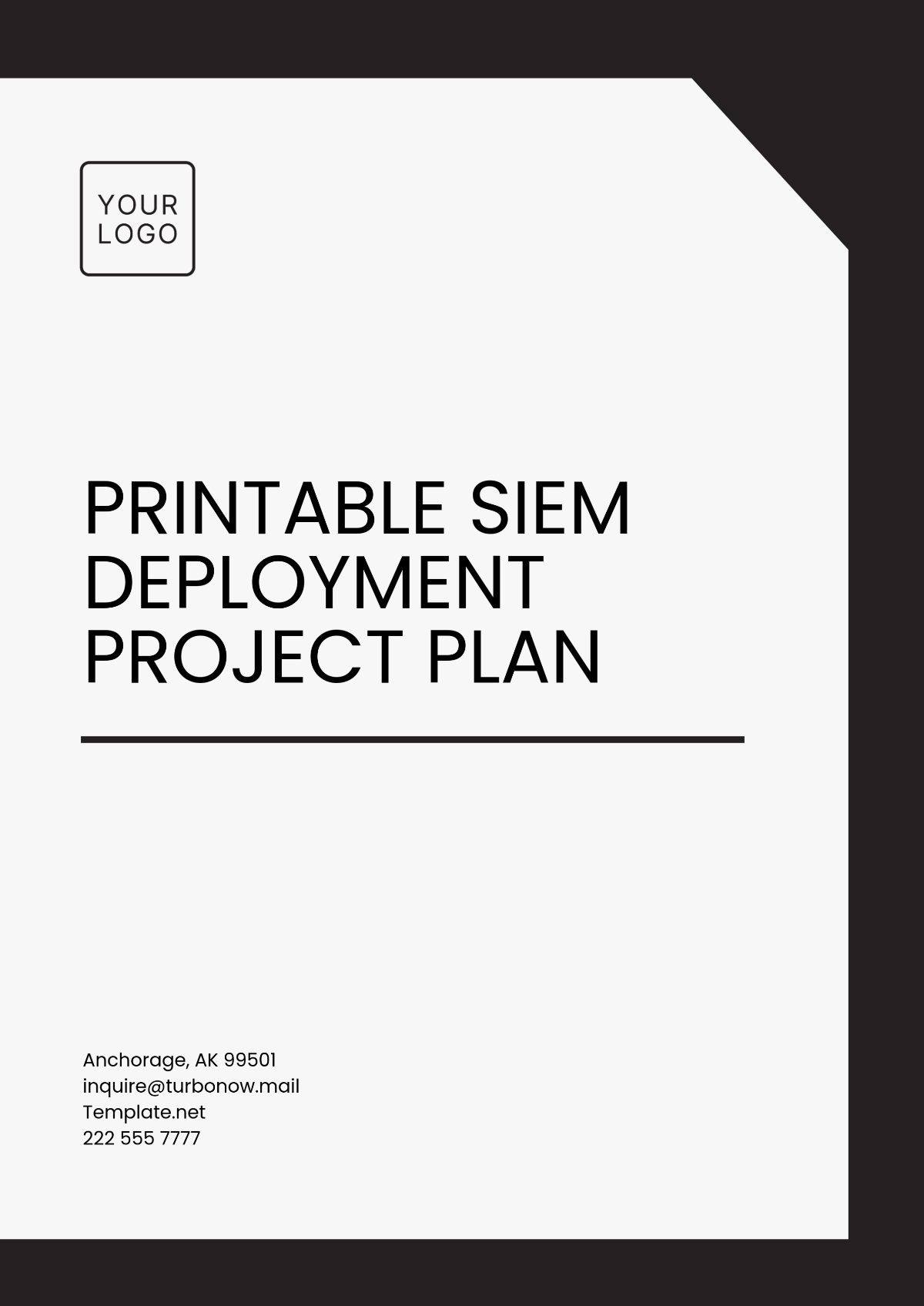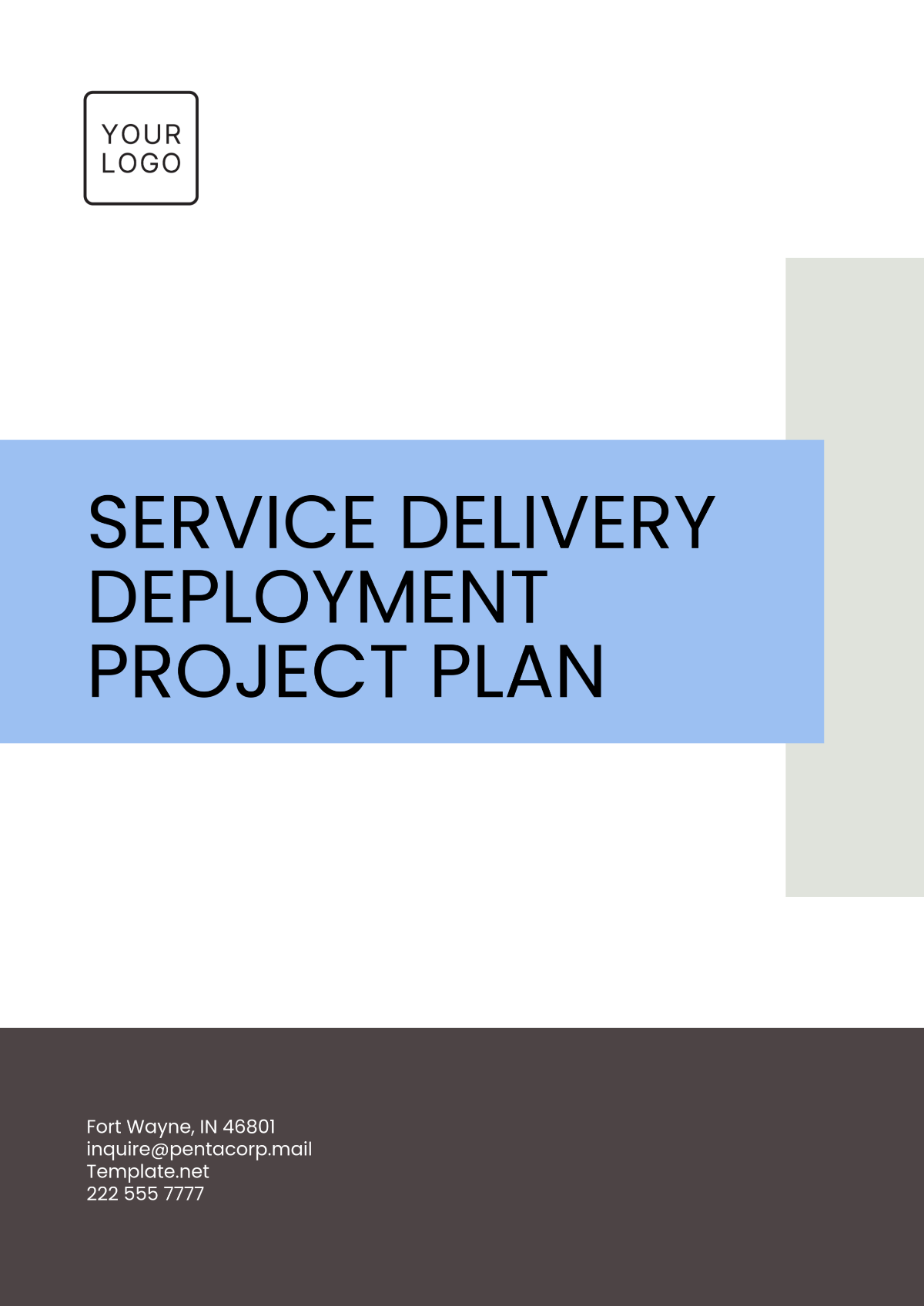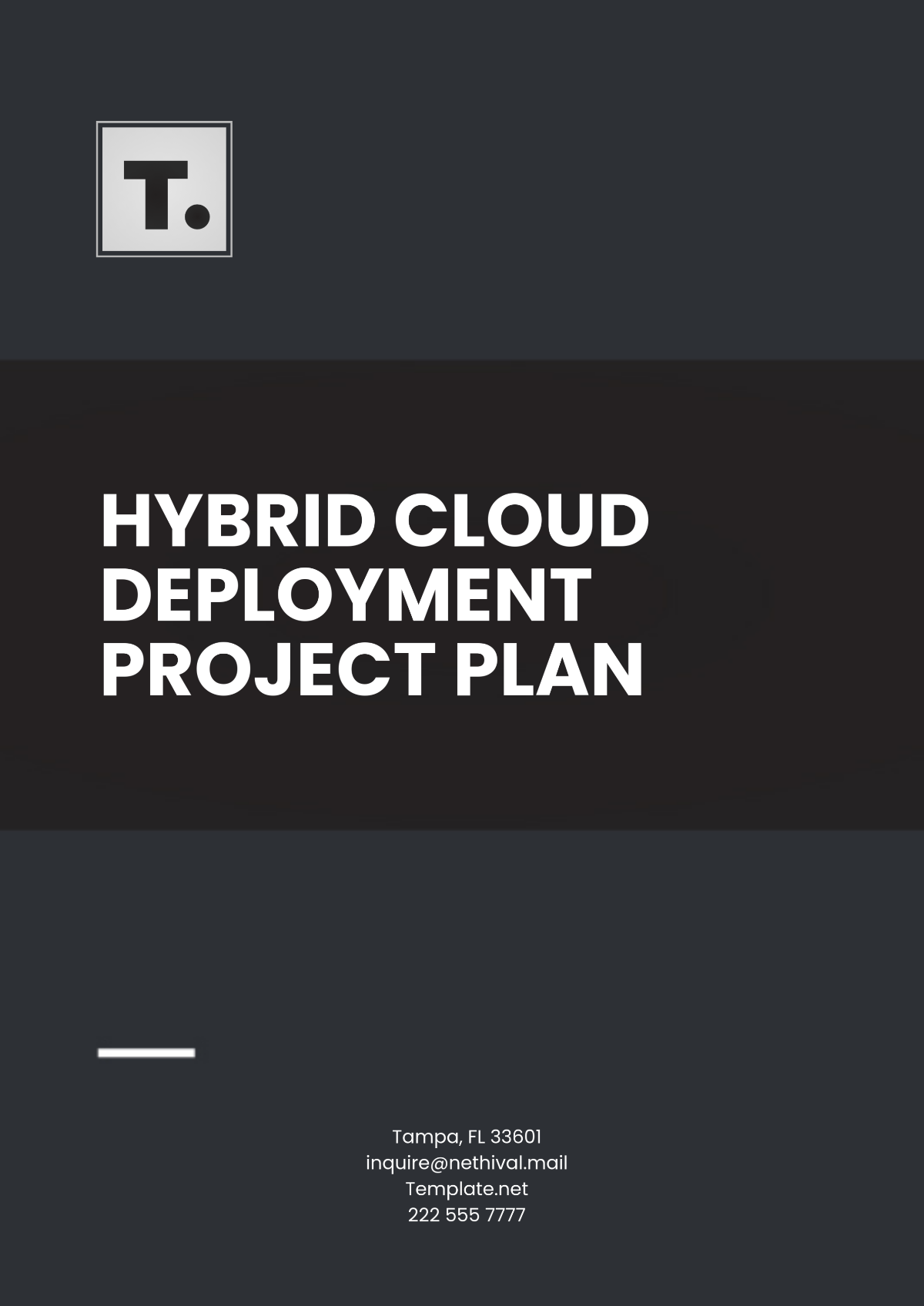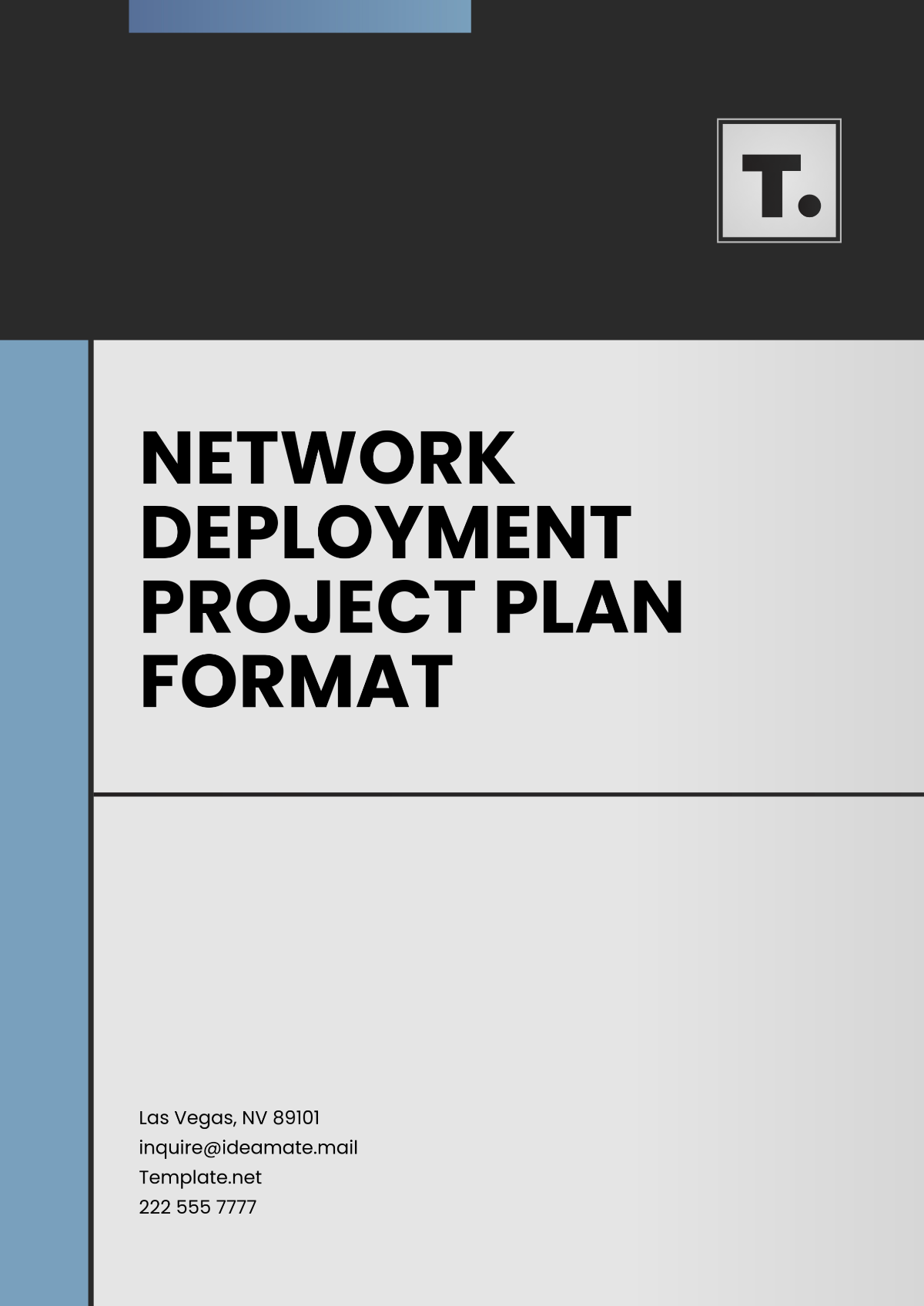Scrum Design Project Plan
Project Manager: | [Your Name] |
Company: | [Your Company Name] |
Date: | [Date] |
I. Introduction
This project plan details the steps and processes required to design and implement a Scrum framework for effective project management within the organization. Scrum is an agile process that allows teams to deliver products iteratively and incrementally, maximizing opportunities for feedback and continuous improvement. This document outlines the phases, roles, activities, and deliverables involved in the project plan.
II. Project Objectives
The main objectives of the Scrum Design Project Plan are:
To establish a clear understanding of Scrum principles and practices within the team.
To design a scalable and adaptable Scrum framework that meets the needs of the project.
To implement Scrum best practices efficiently and consistently across the project team.
To foster a culture of collaboration and continuous improvement.
III. Project Phases
Phase 1: Initiation
The initiation phase involves the identification of project objectives, scope, and stakeholders. During this phase, the project team is formed, and preliminary planning activities commence.
Activity | Description | Deliverable |
|---|---|---|
Identify Stakeholders | Engage key stakeholders to understand their expectations and requirements. | Stakeholder List |
Define Objectives | Articulate project objectives and deliverables. | Project Charter |
Assemble Team | Select a cross-functional team with relevant skills and expertise. | Team Roster |
Phase 2: Planning
The planning phase focuses on the detailed design of the Scrum process tailored to the project. This includes defining roles, ceremonies, and tools required for Scrum implementation.
Activity | Description | Deliverable |
|---|---|---|
Define Scrum Roles | Assign team roles such as Scrum Master, Product Owner, and Development Team. | Role Assignment Document |
Schedule Ceremonies | Plan and schedule Scrum ceremonies including Sprints, Daily Standups, Sprint Review, and Retrospective. | Ceremony Calendar |
Select Tools | Choose the tools and technologies for managing backlogs, tracking progress, and communicating within the team. | Tool Usage Guide |
Phase 3: Execution
During the execution phase, the project team operates under the Scrum framework, conducting Sprints and delivering increments of the product. This involves collaboration, refining work priorities, and reviewing progress regularly.
Activity | Description | Deliverable |
|---|---|---|
Conduct Daily Standups | Short, regular meetings to synchronize the team's work and address impediments. | Standup Reports |
Manage Product Backlog | Refinement and prioritization of backlog items to ensure clarity and readiness. | Updated Product Backlog |
Complete Sprints | Execution of planned tasks within defined time-boxed periods to deliver product increments. | Product Increments |
Phase 4: Review and Retrospective
This phase focuses on reviewing the outcomes of each Sprint and reflecting on the process to enhance efficiency and effectiveness. Insights gained are used for continuous improvement in subsequent Sprints.
Activity | Description | Deliverable |
|---|---|---|
Sprint Review | Evaluation of product increments and gathering feedback from stakeholders. | Review Meeting Notes |
Sprint Retrospective | Identify areas of improvement in process and team dynamics. | Action Items for Improvement |
IV. Conclusion
This Scrum Design Project Plan provides a structured approach to adopting Scrum methodologies. By following this plan, the project team will effectively transition to an agile mindset, enhancing collaboration, transparency, and productivity. Continuous reflection and adaptation will ensure the Scrum process remains aligned with project goals and stakeholder expectations.
